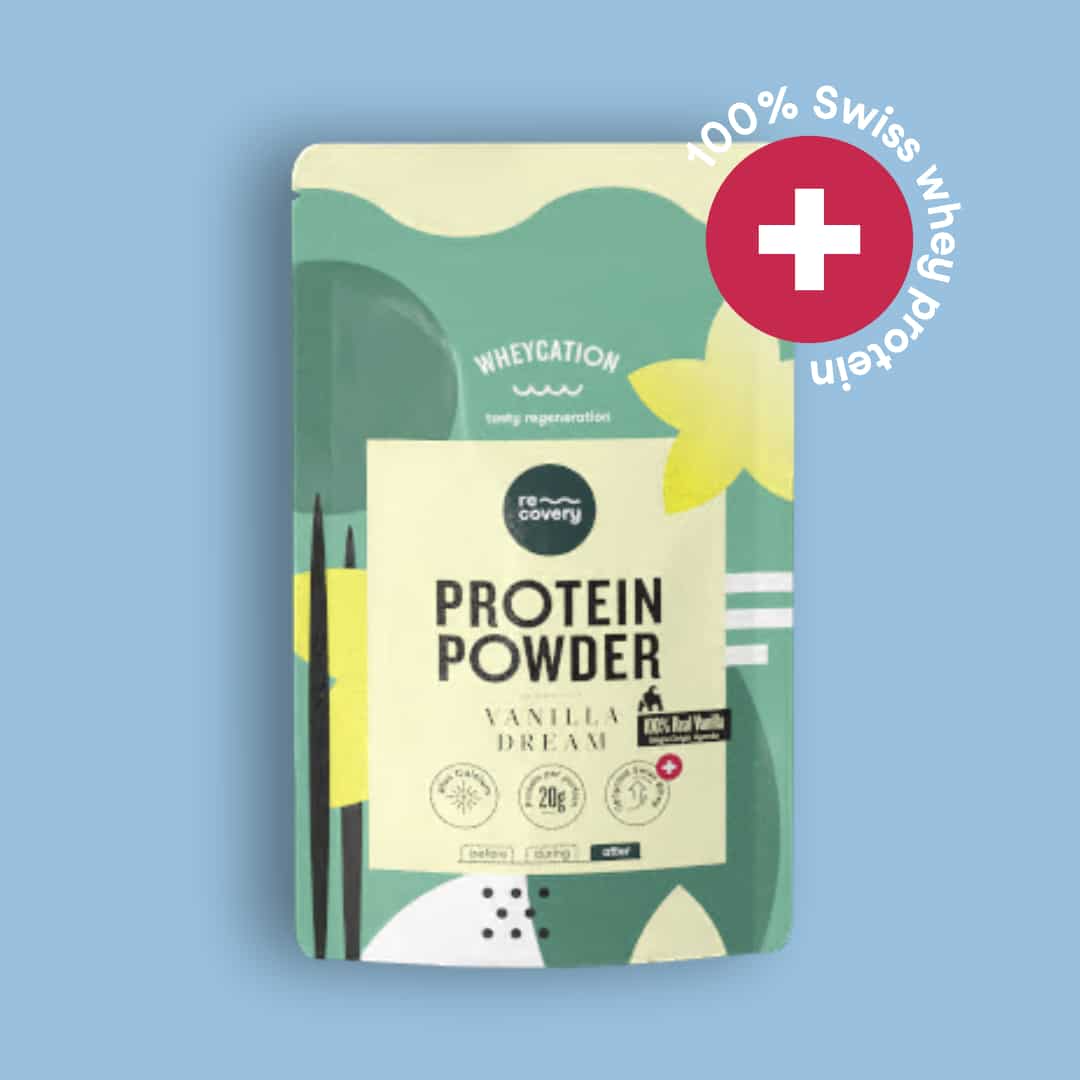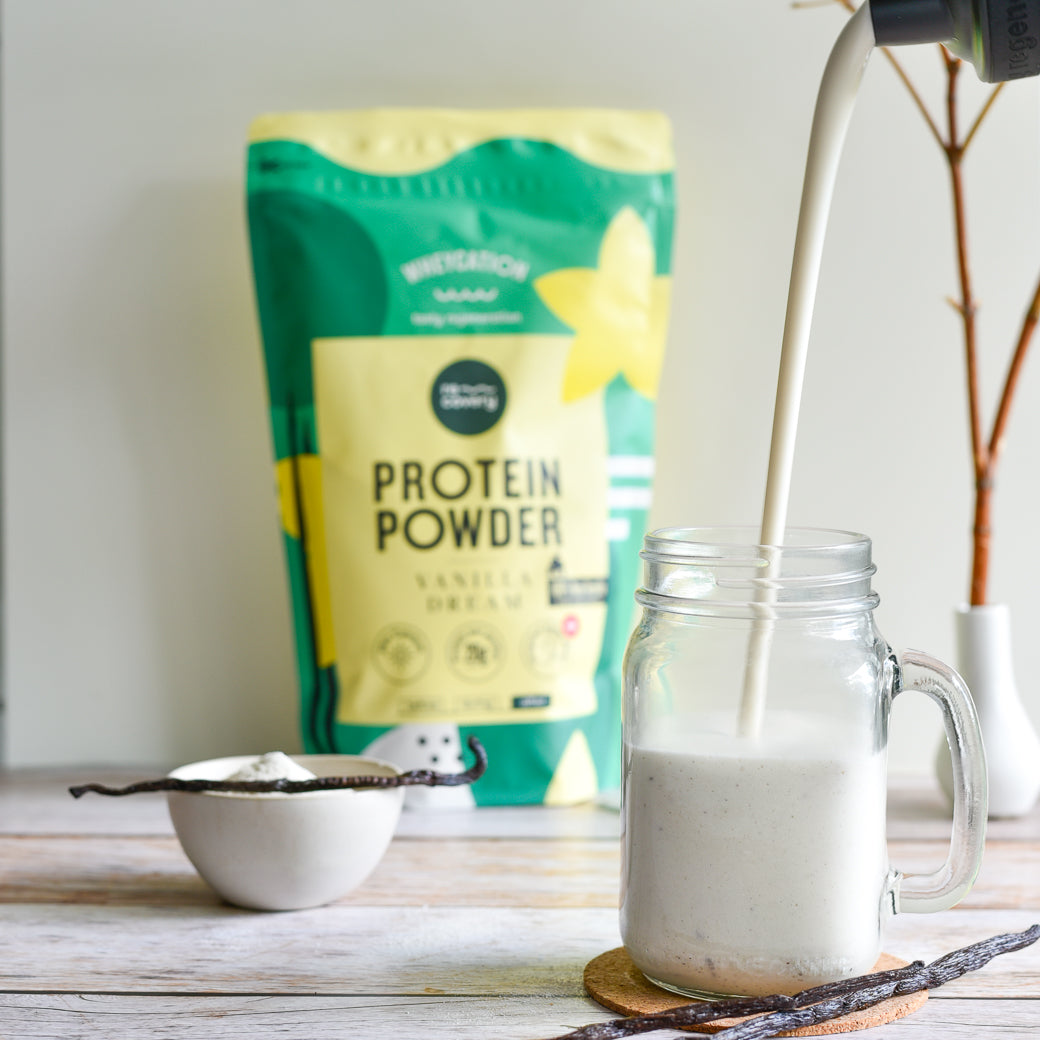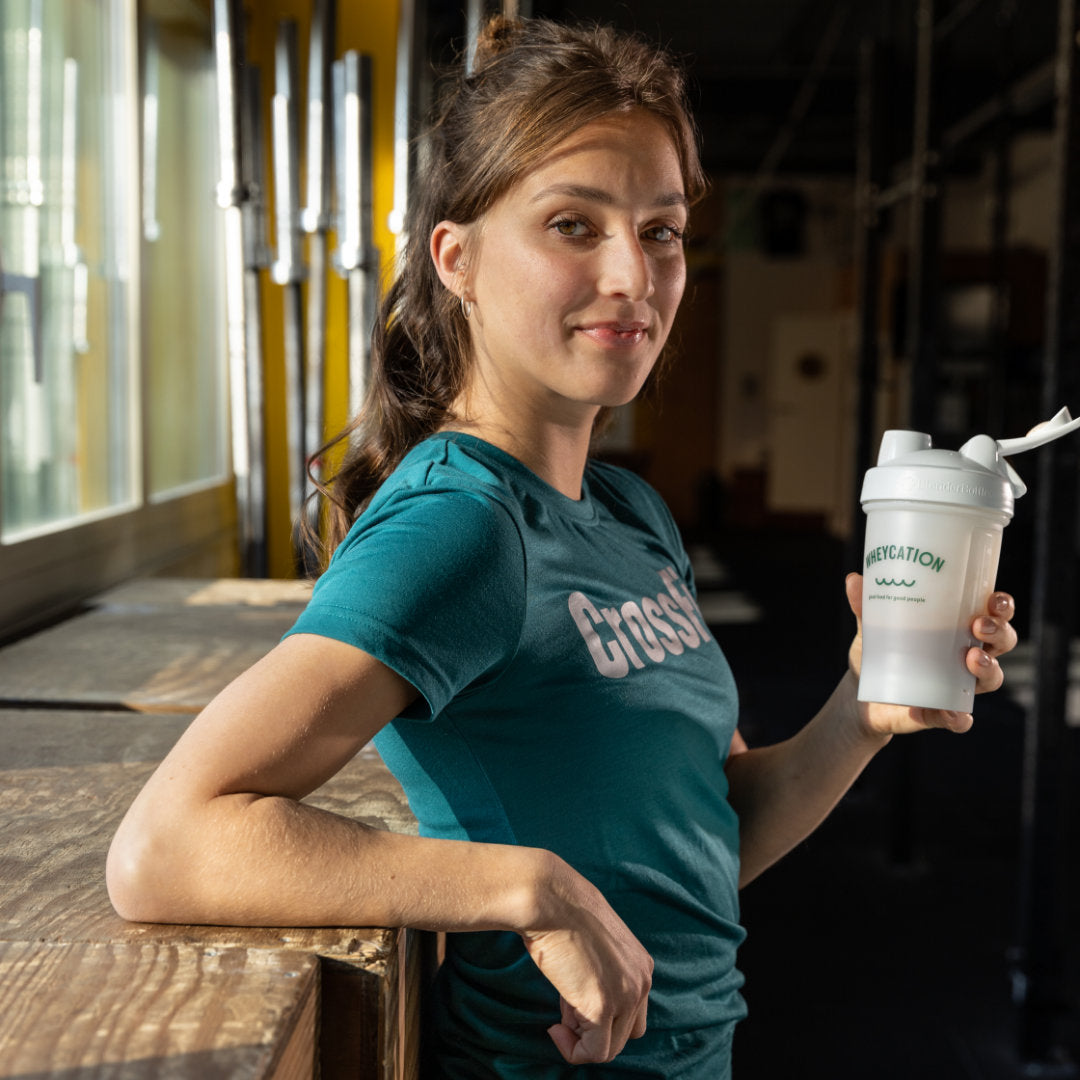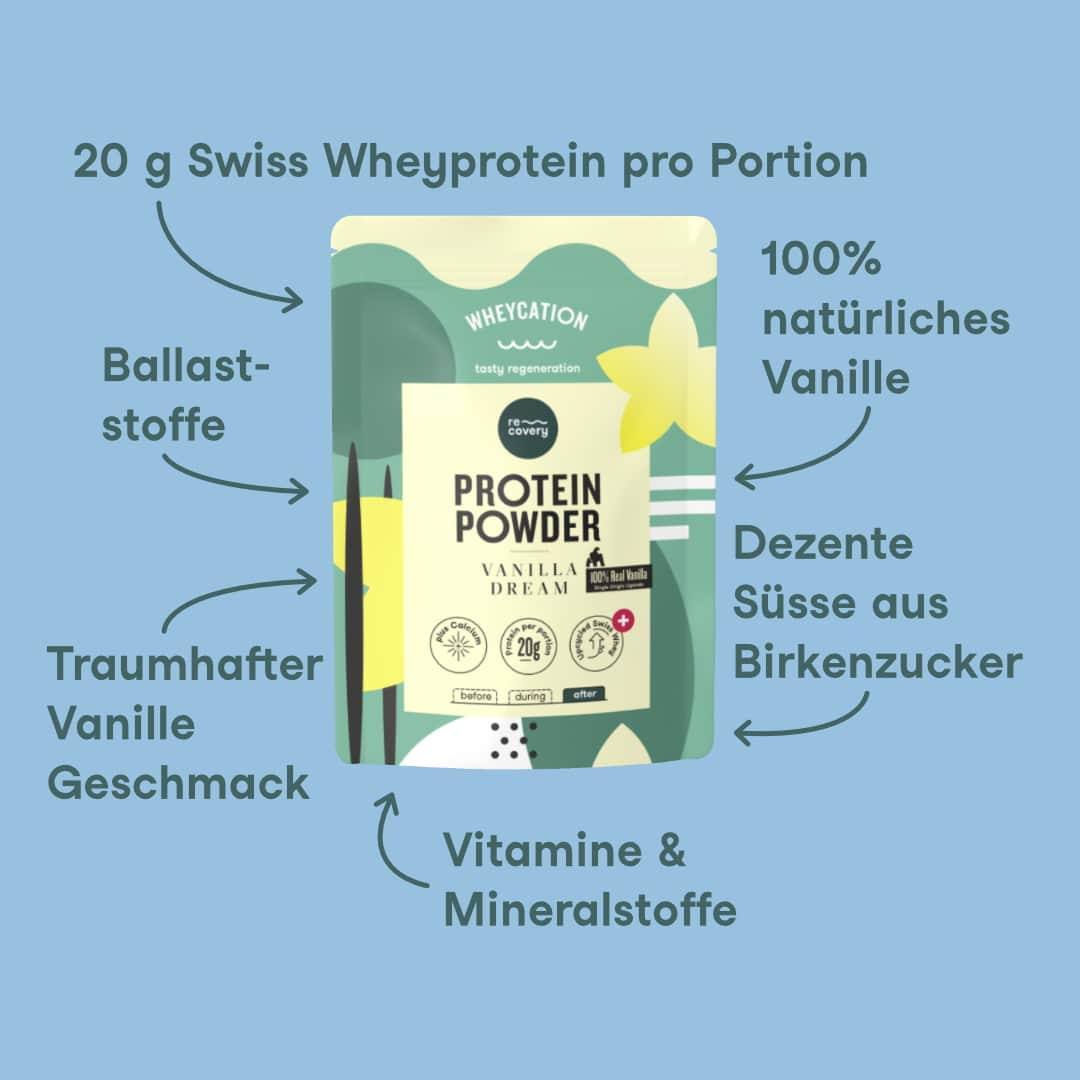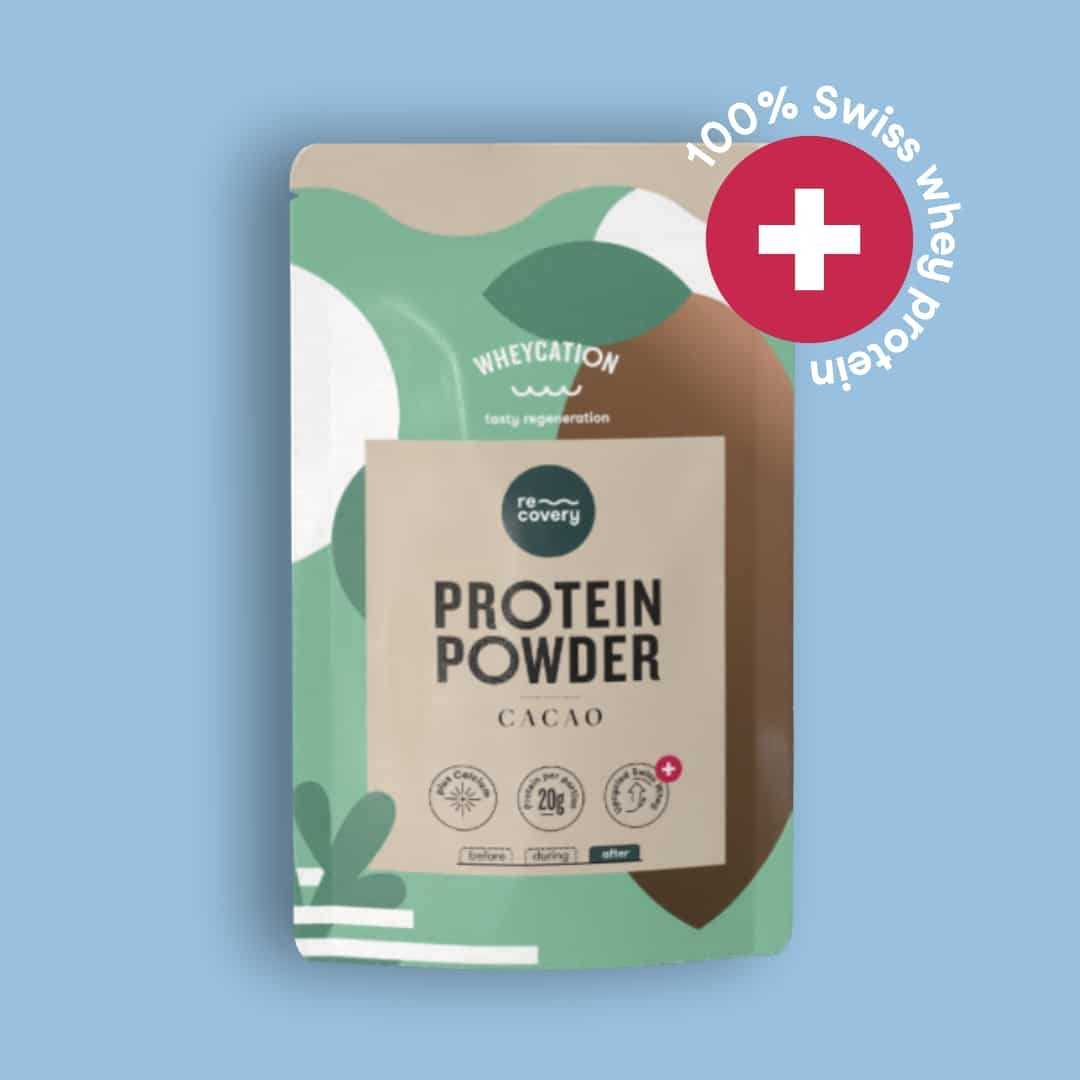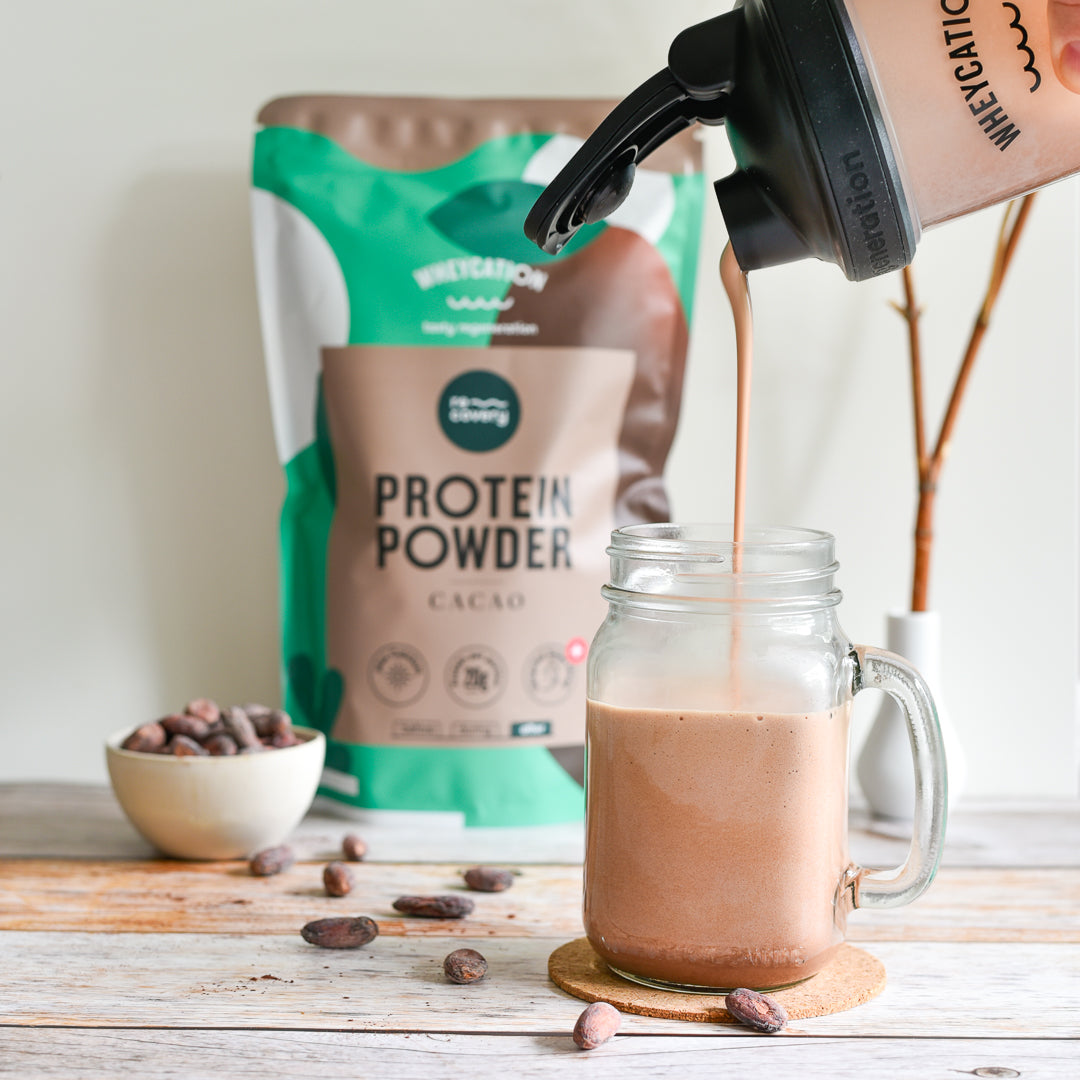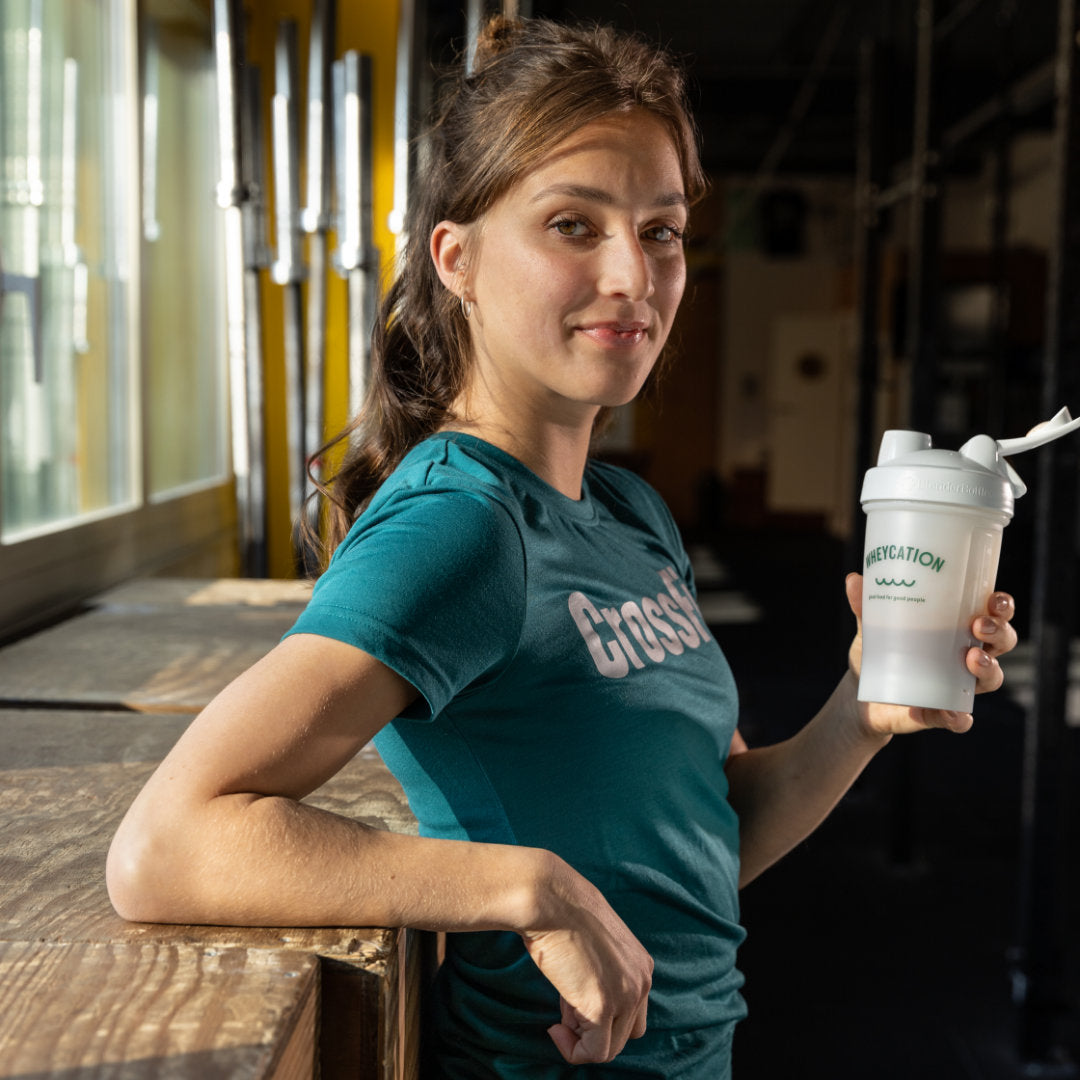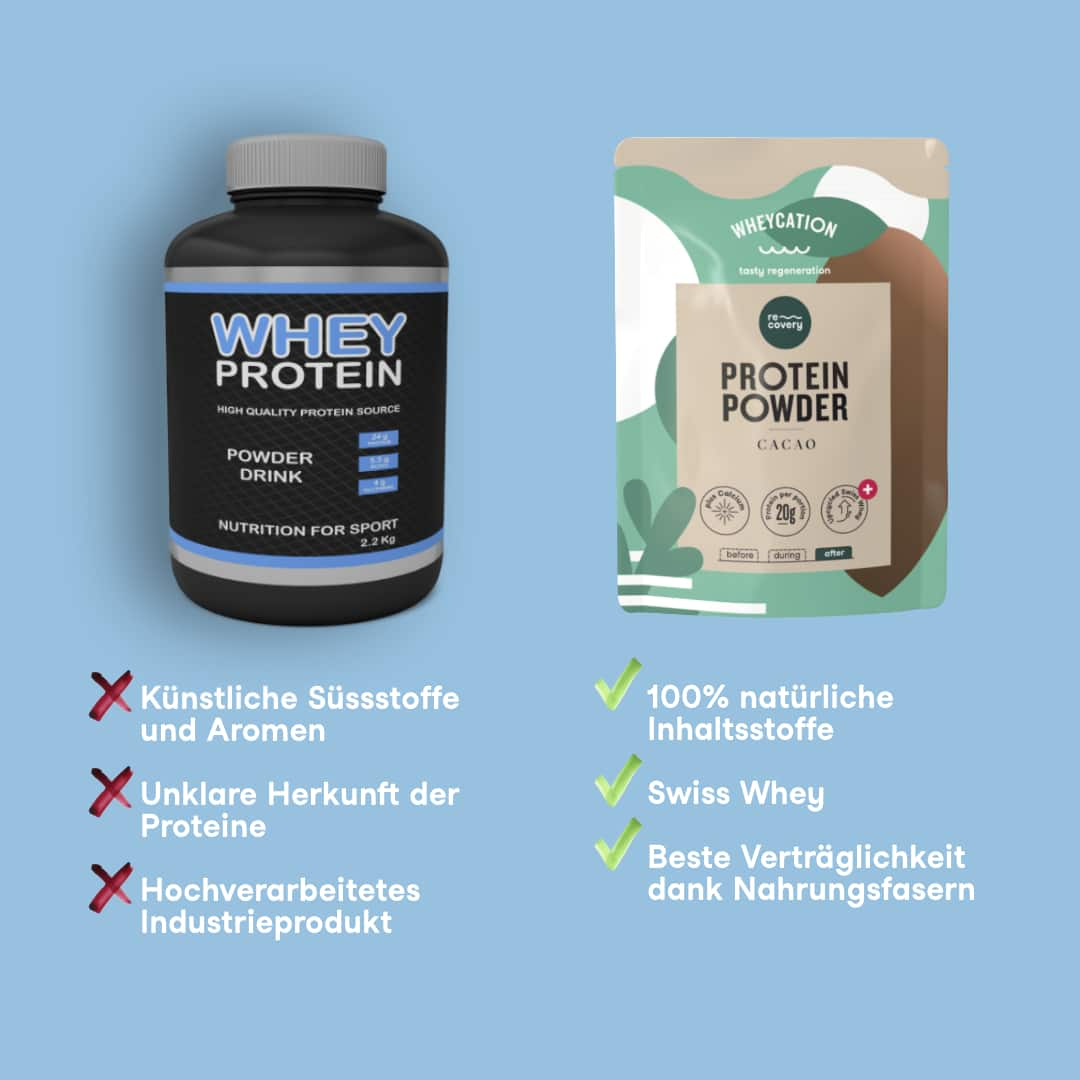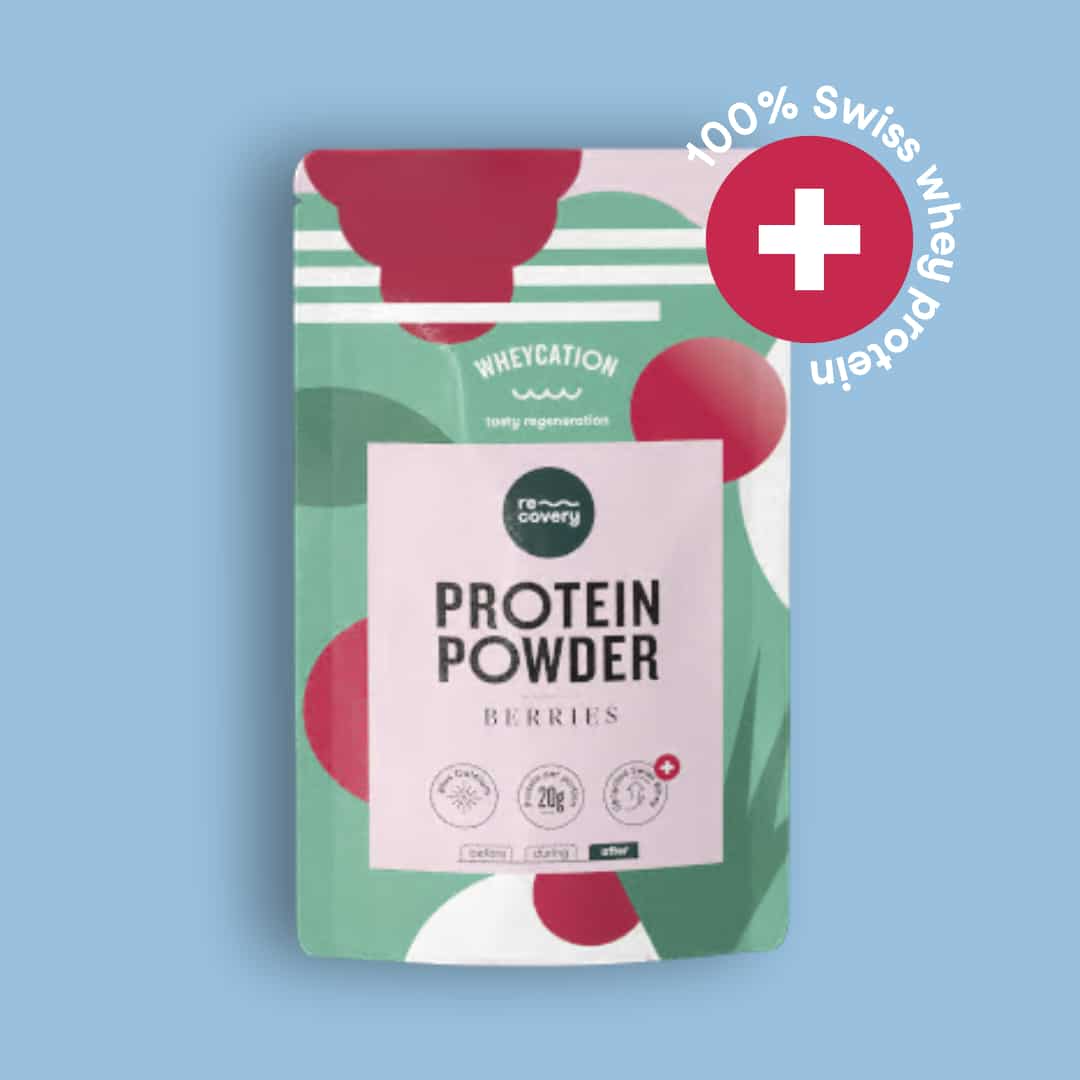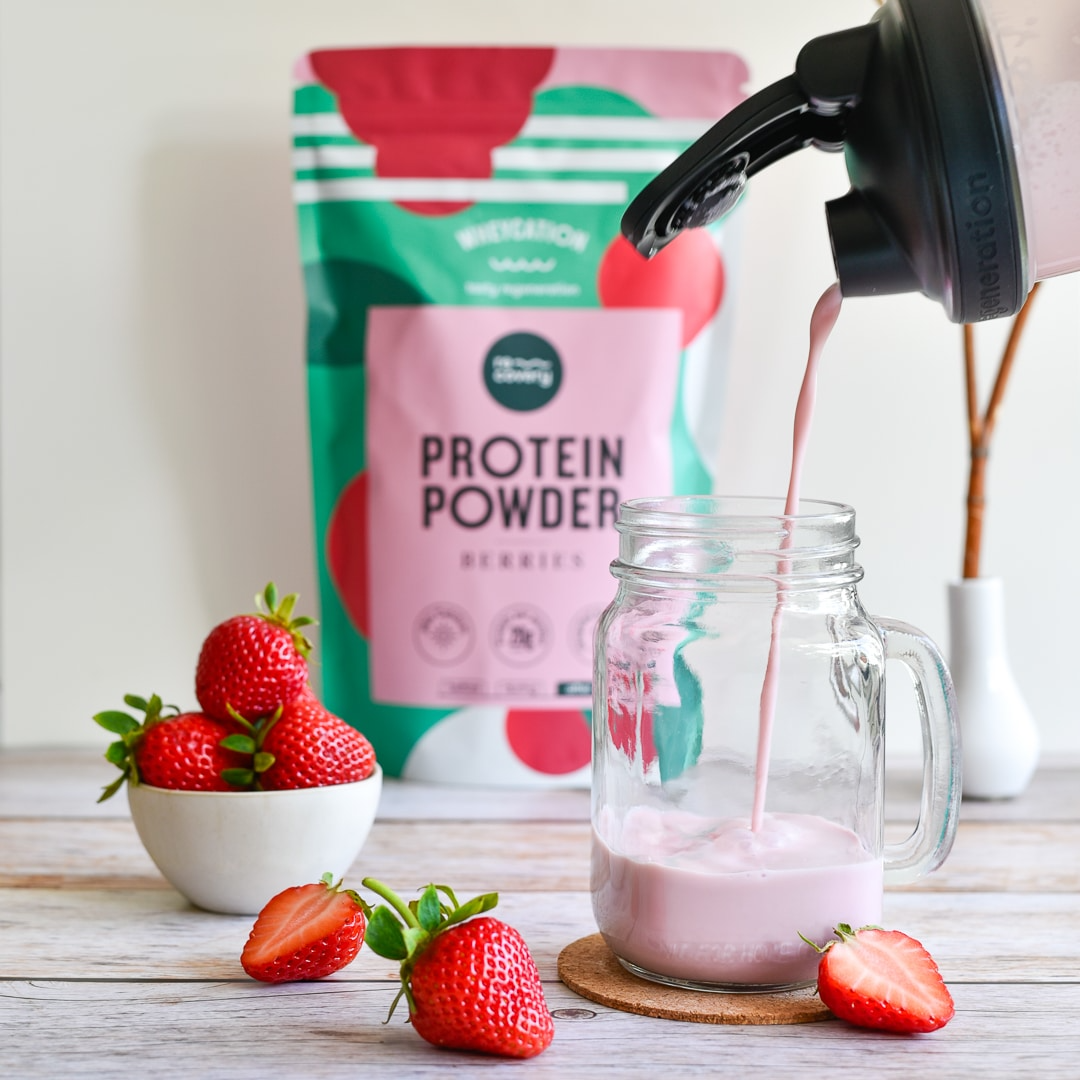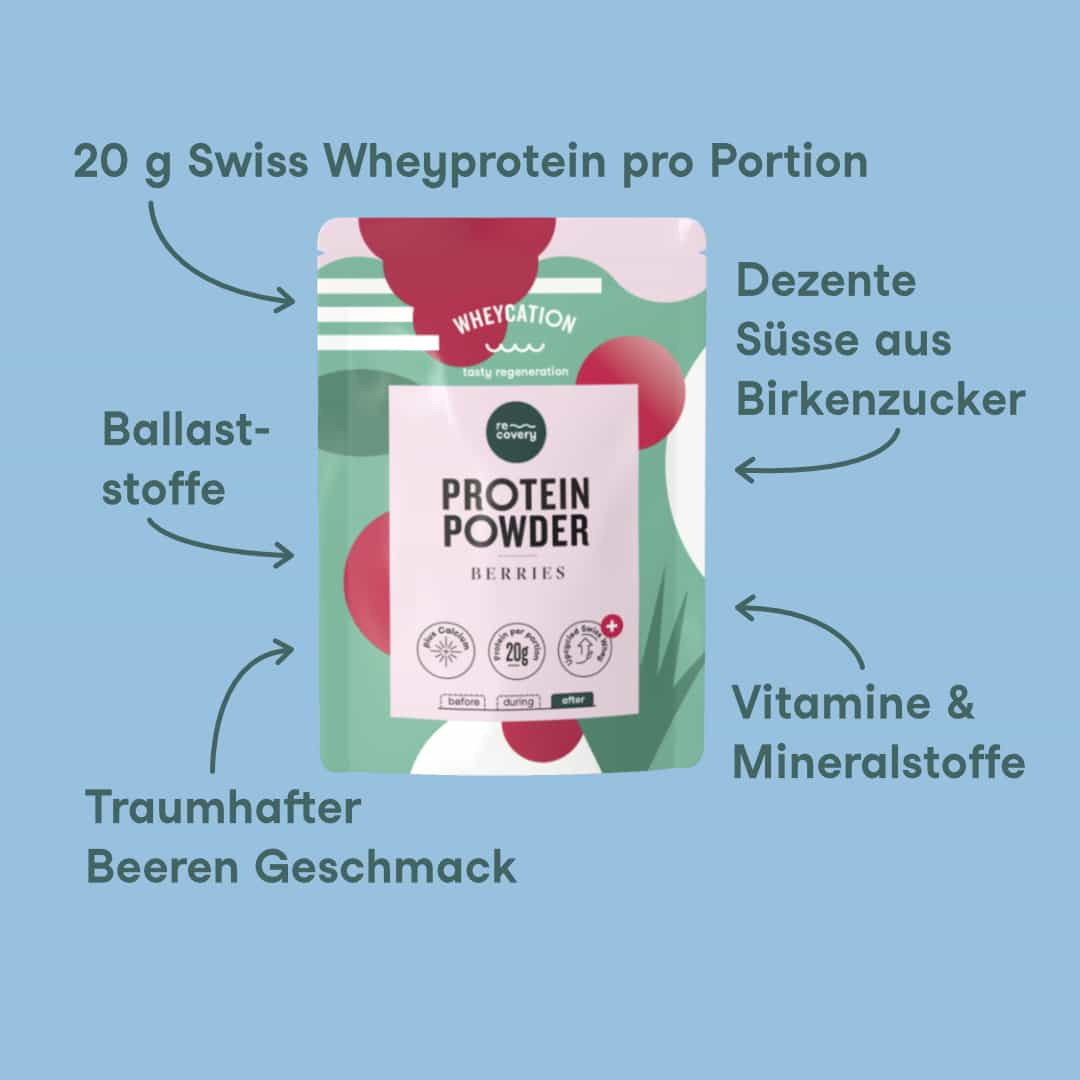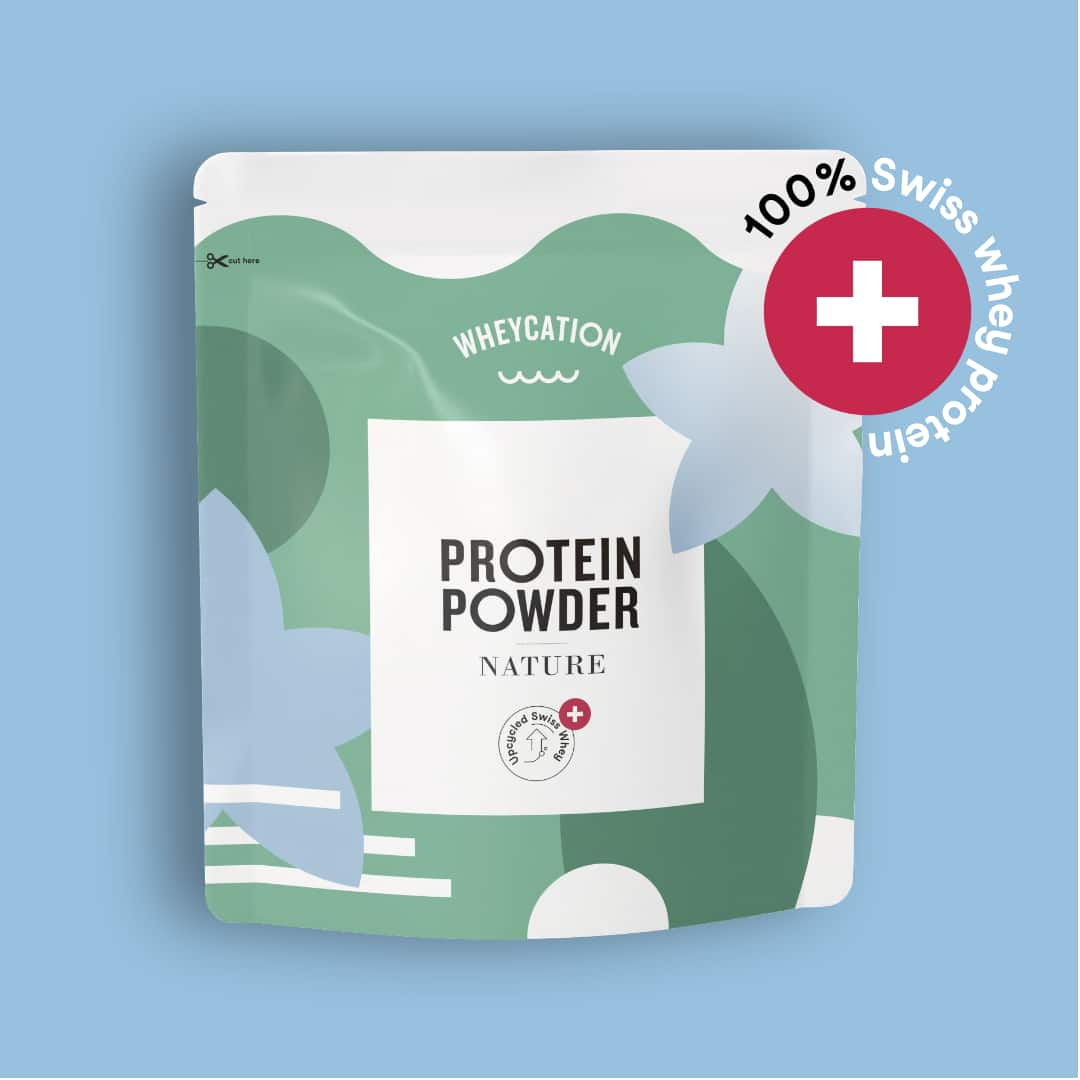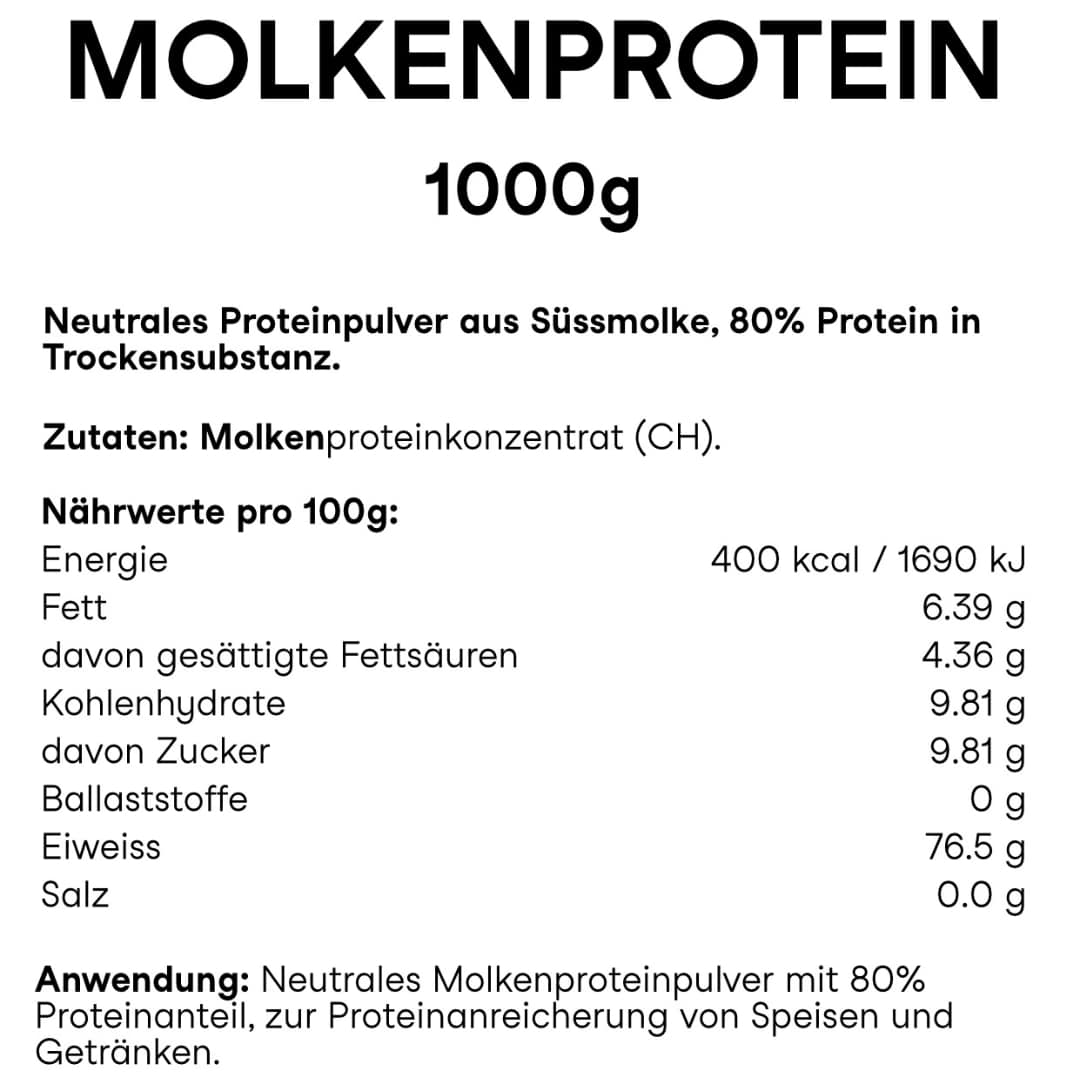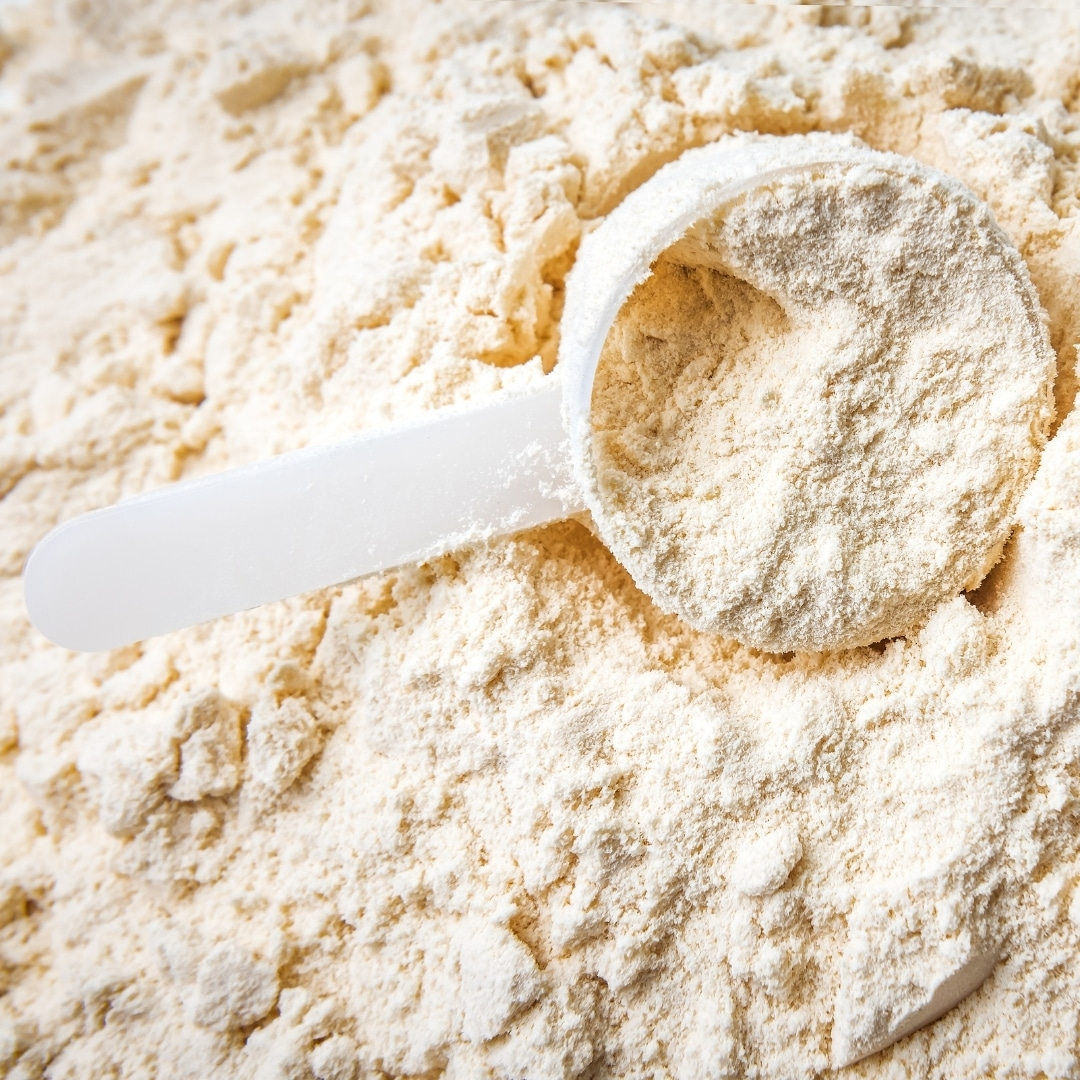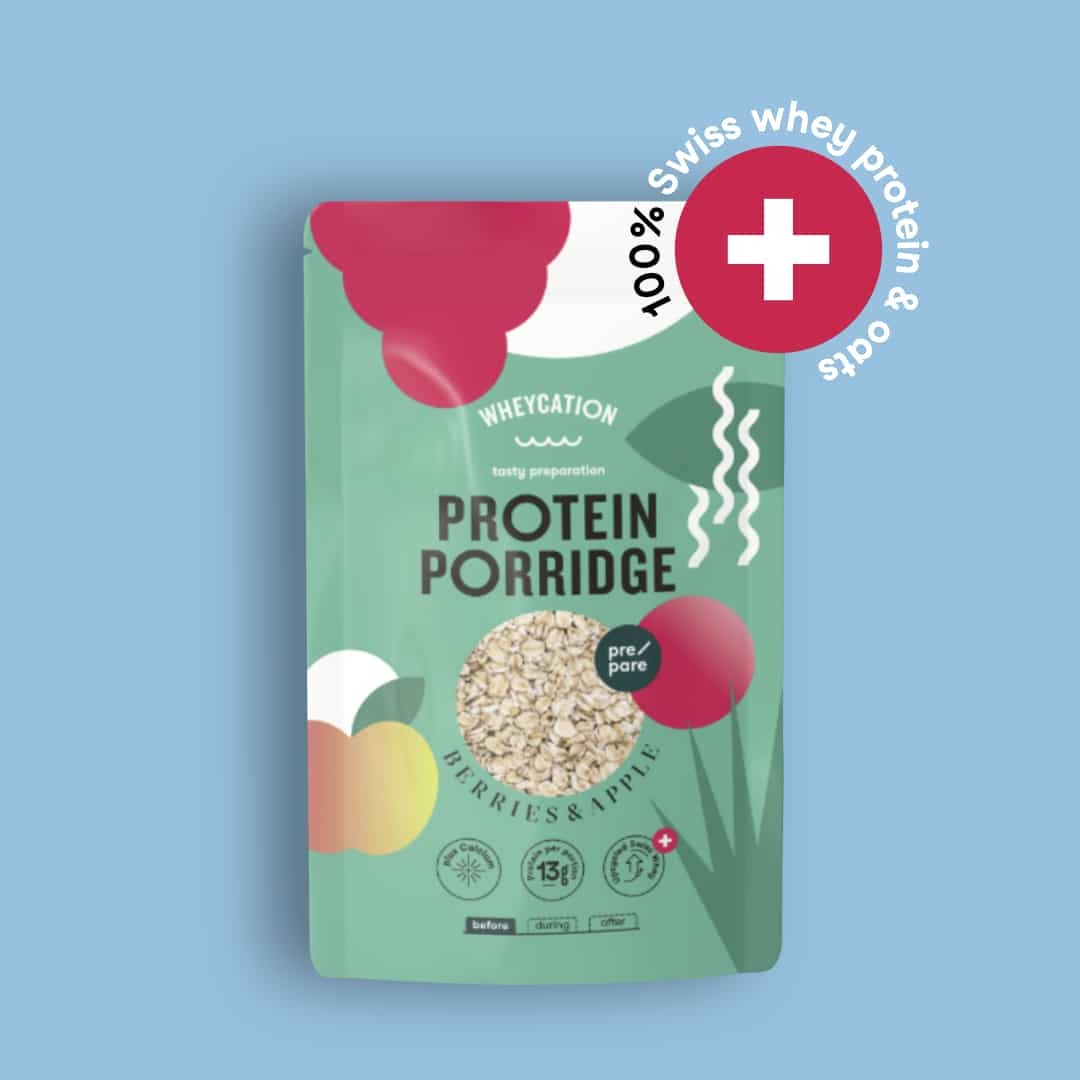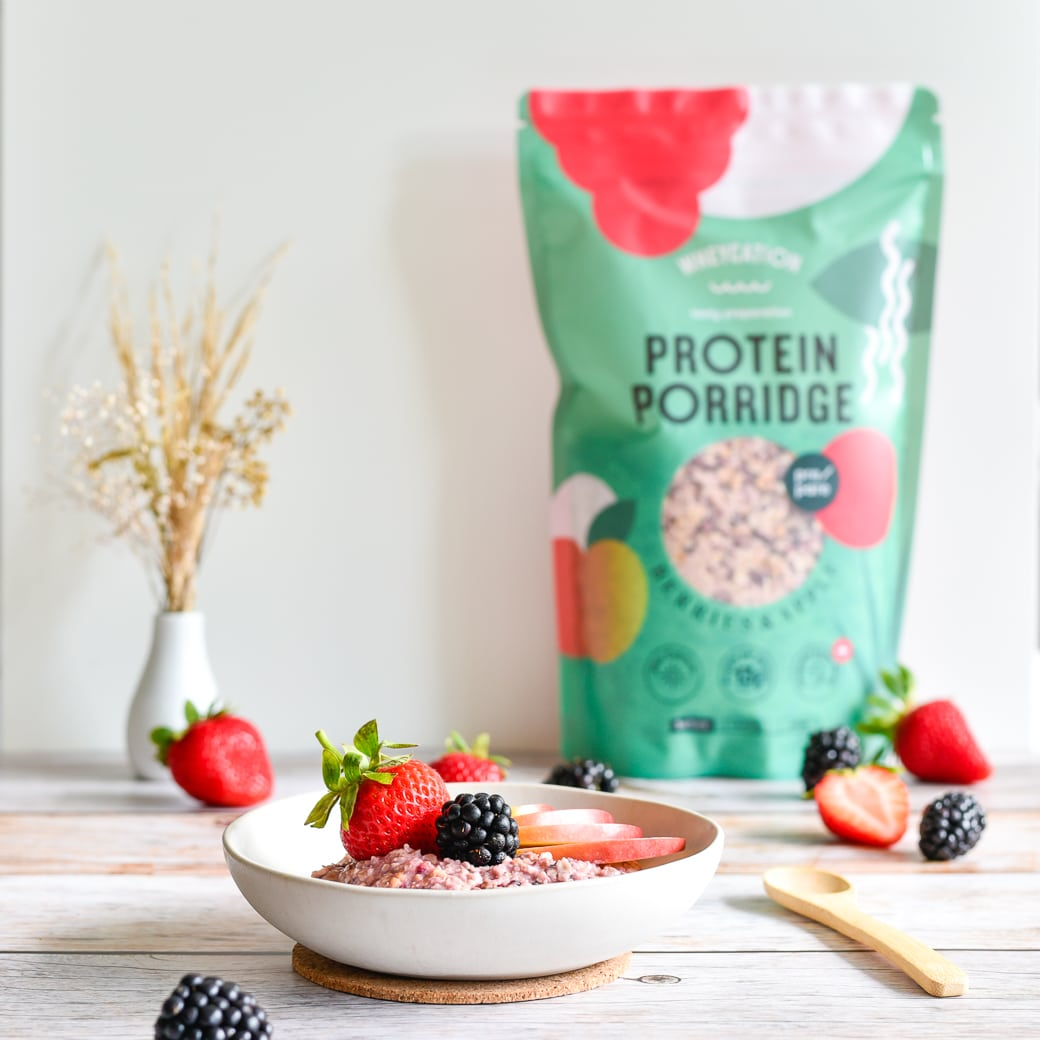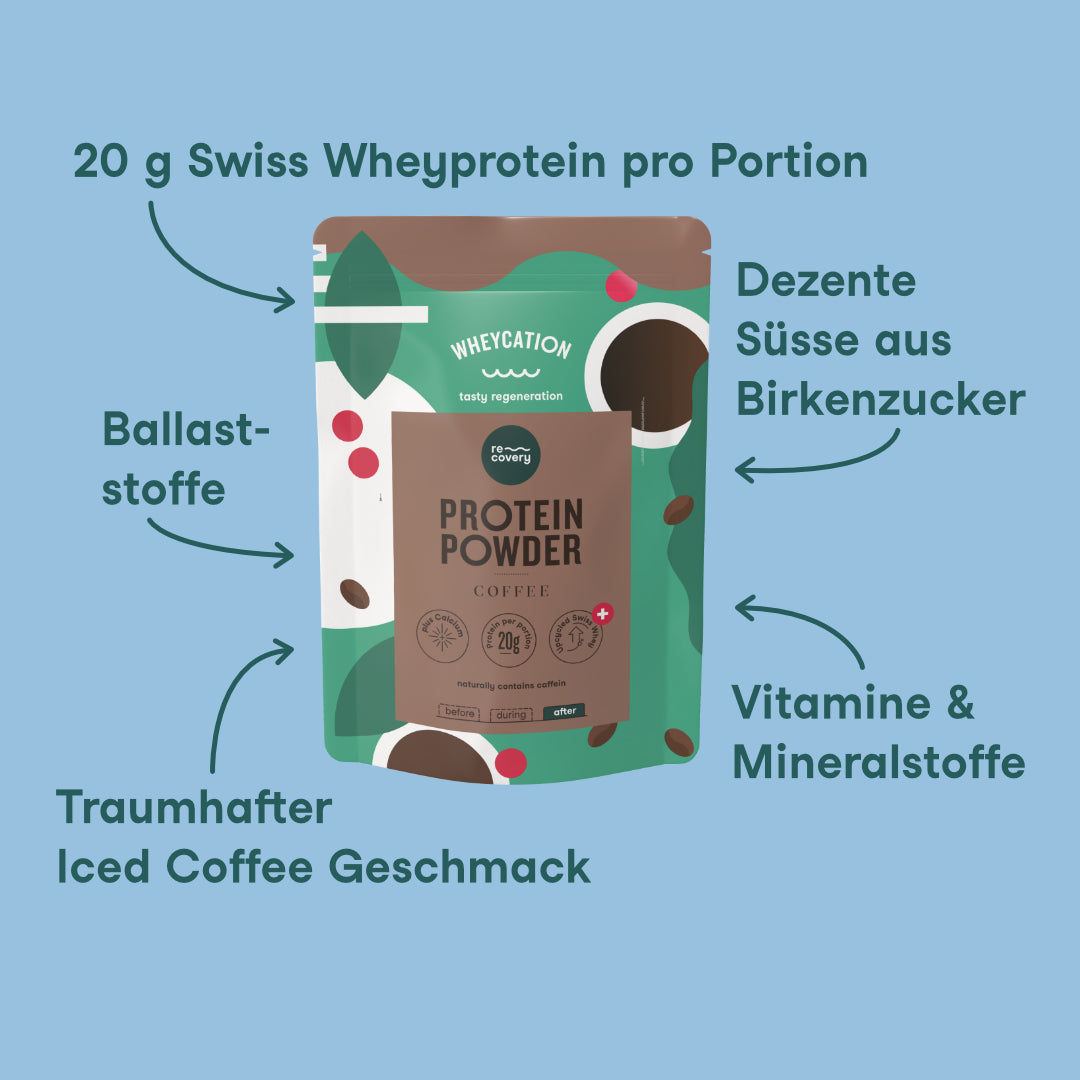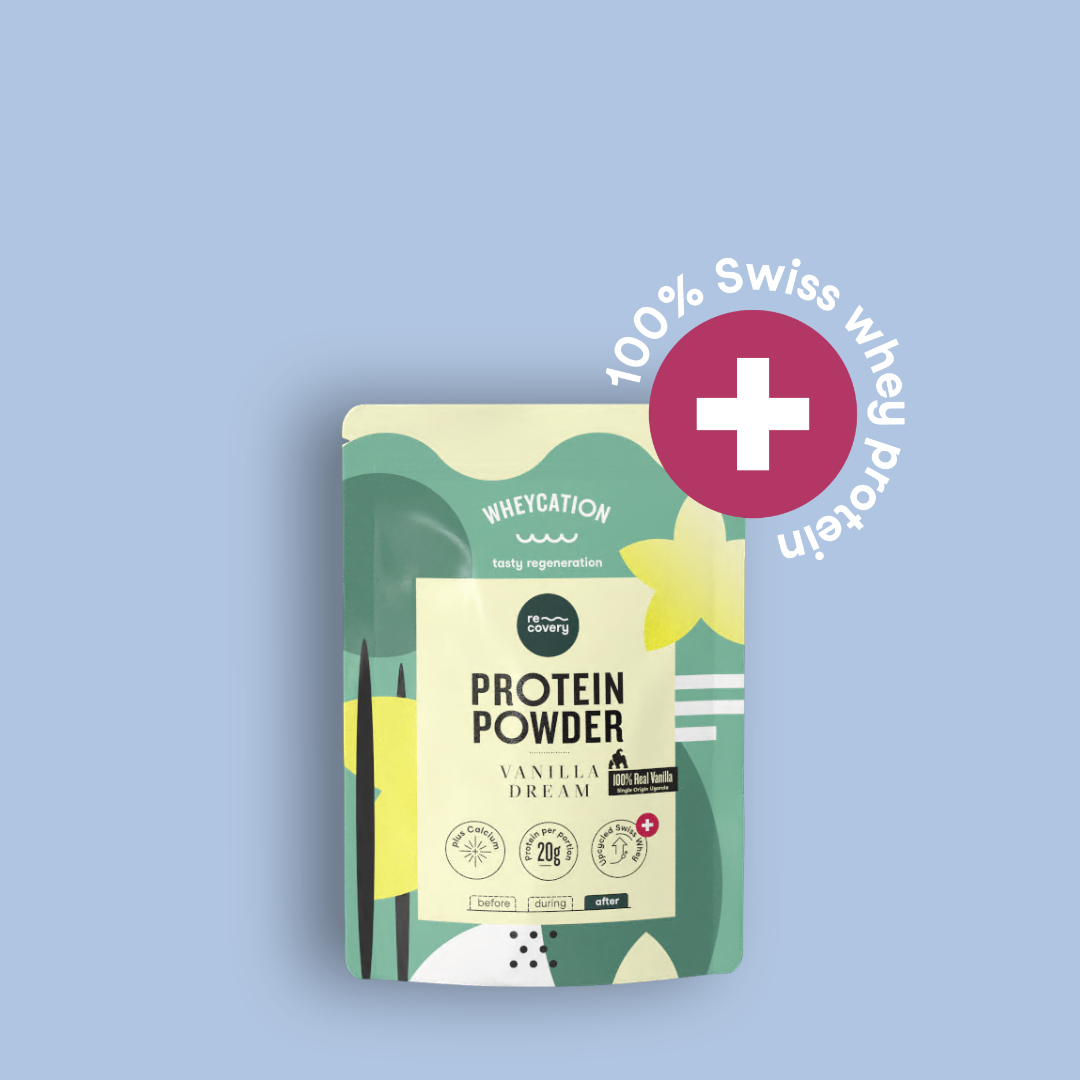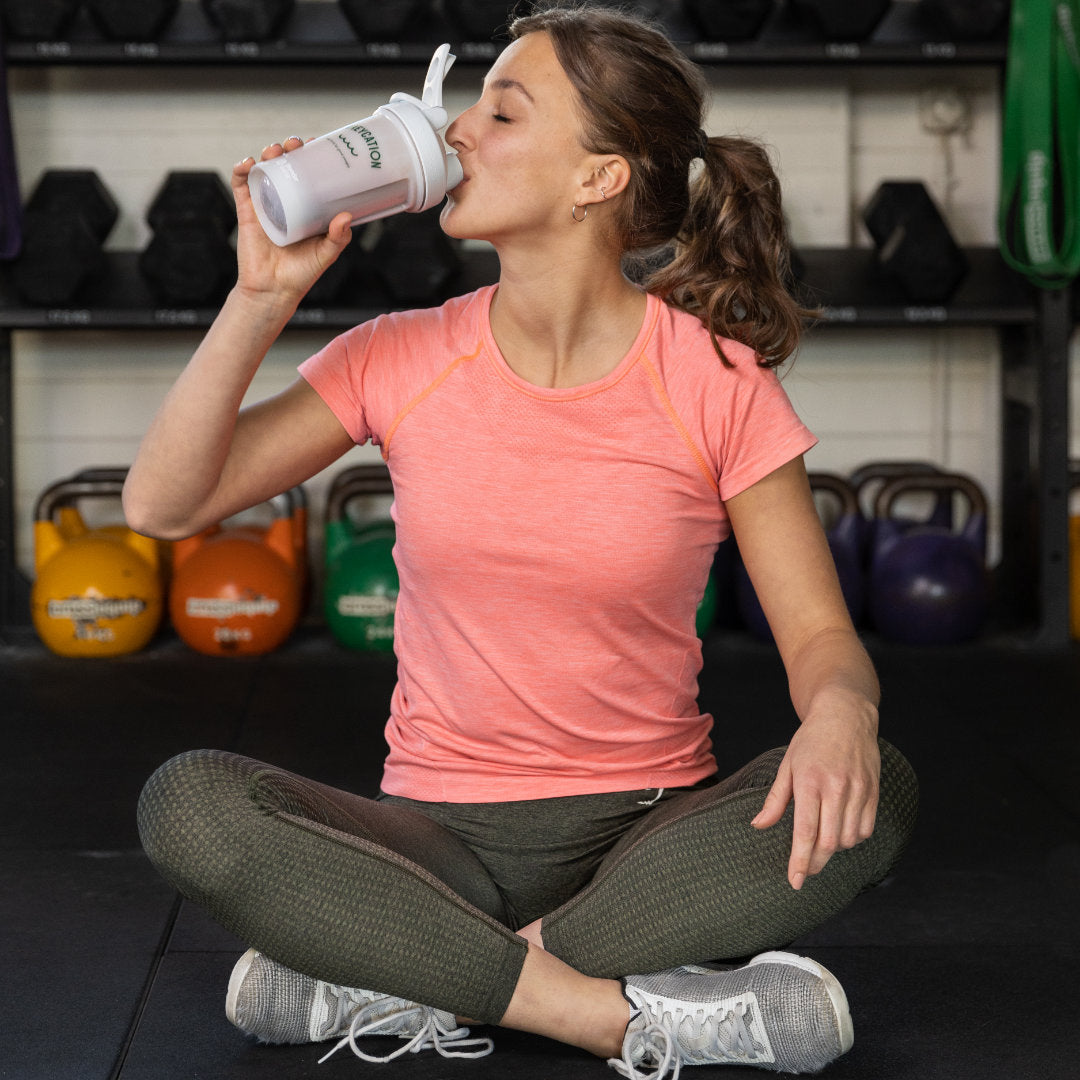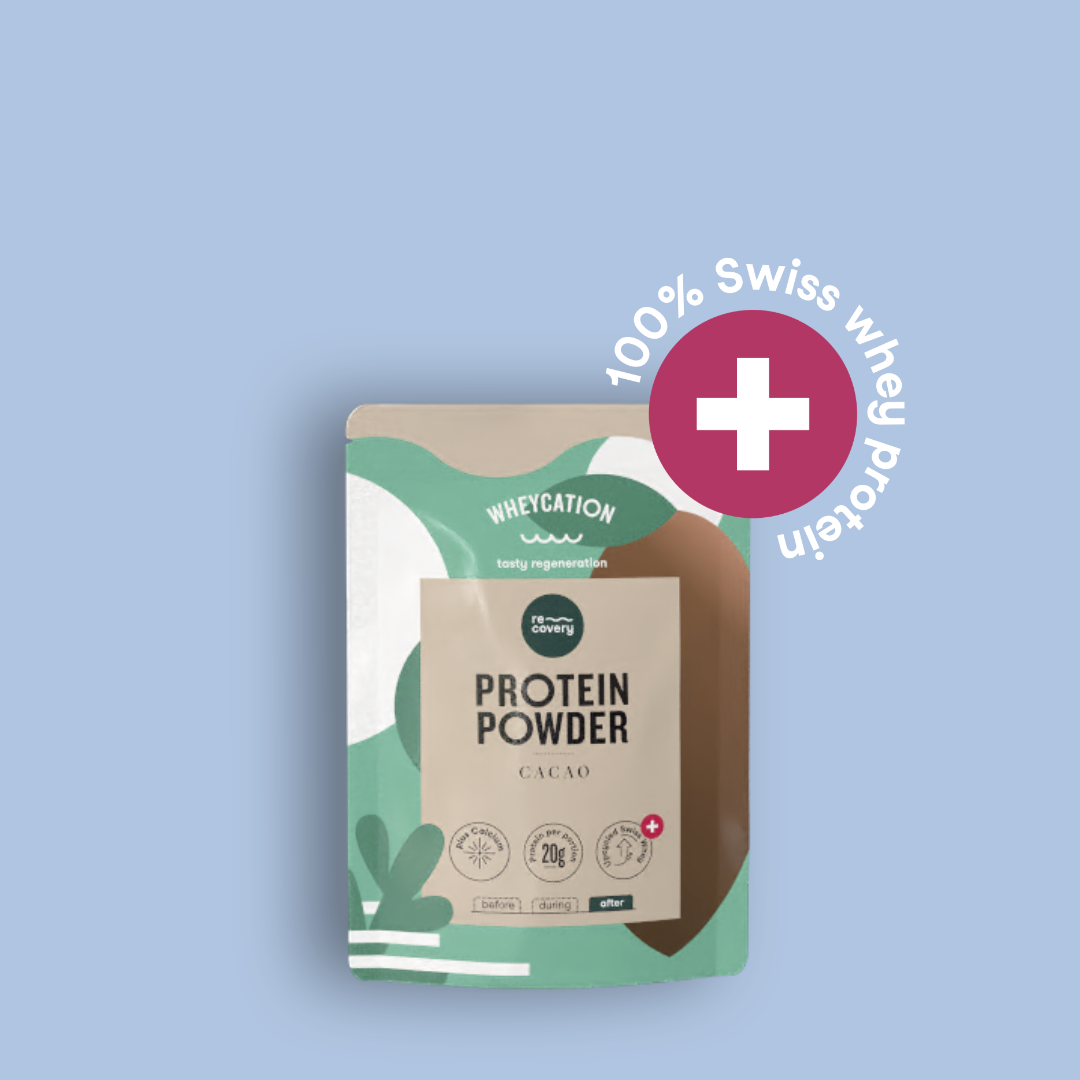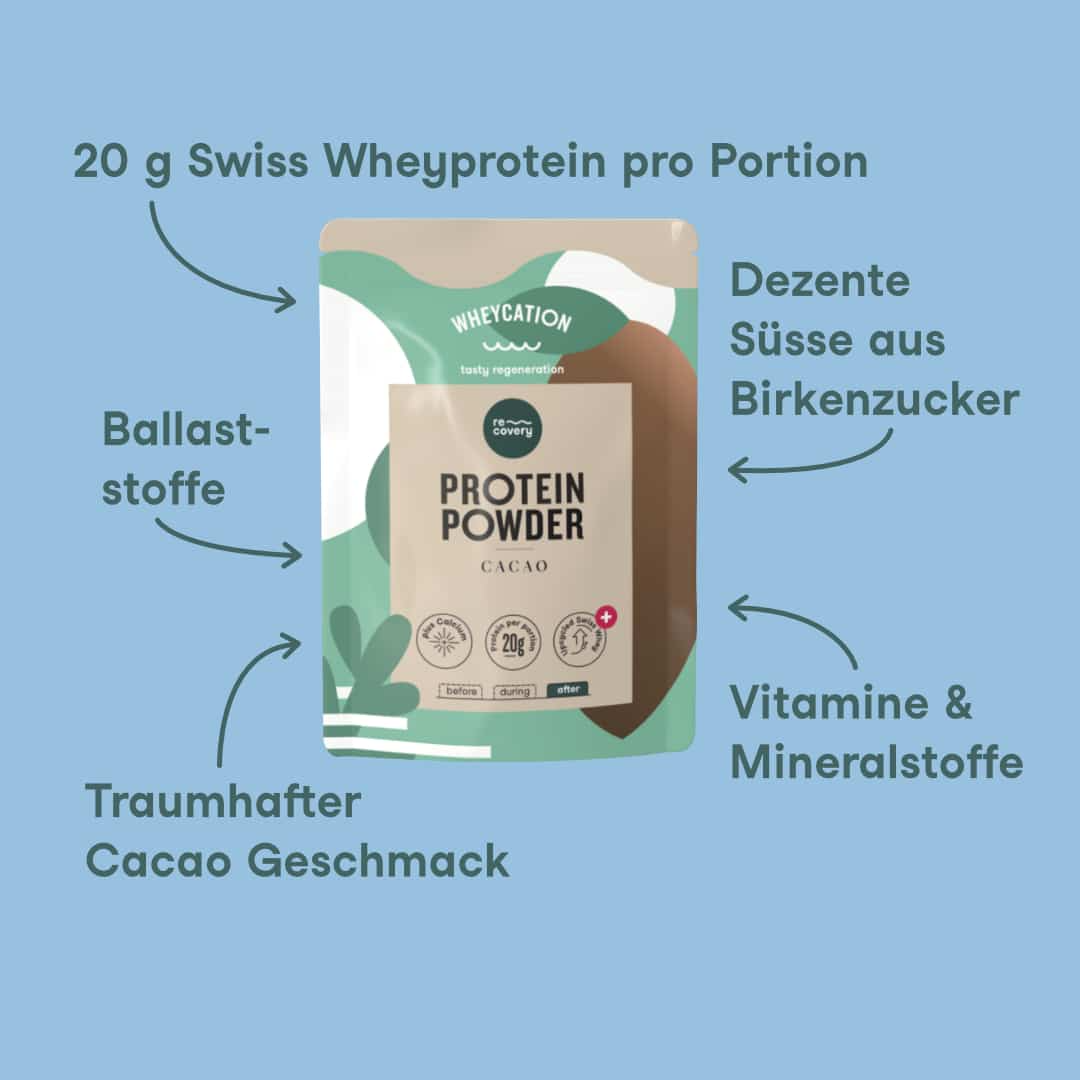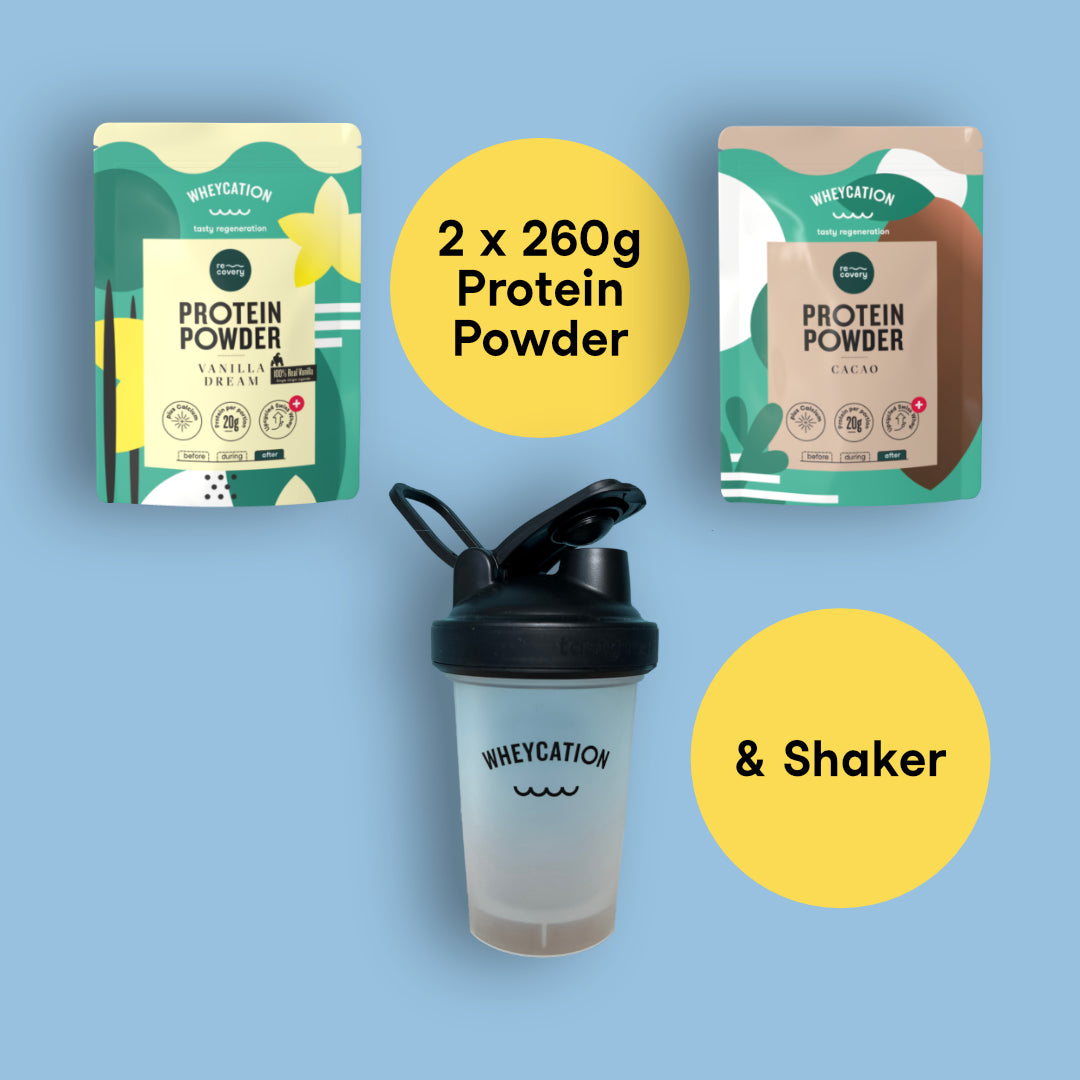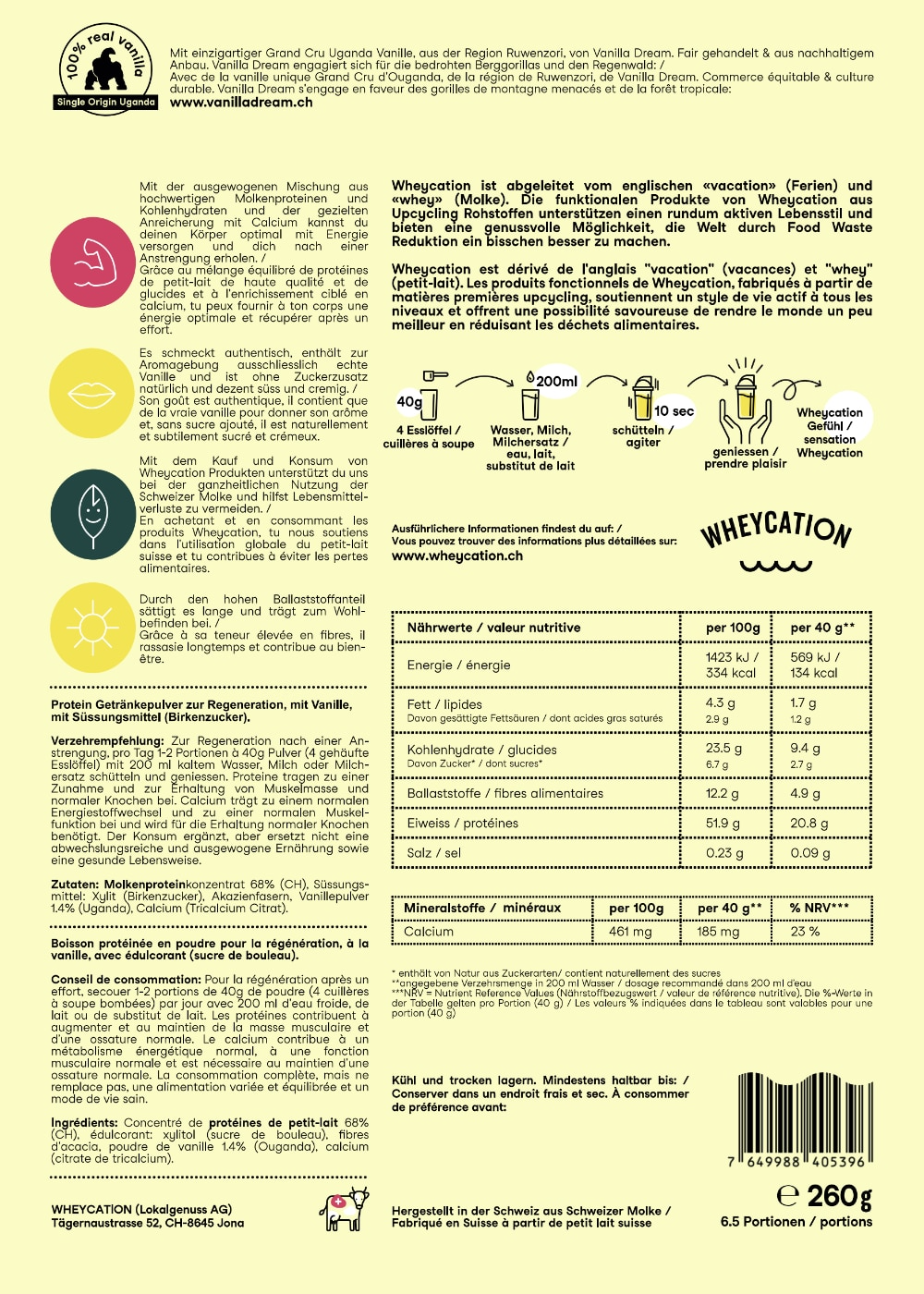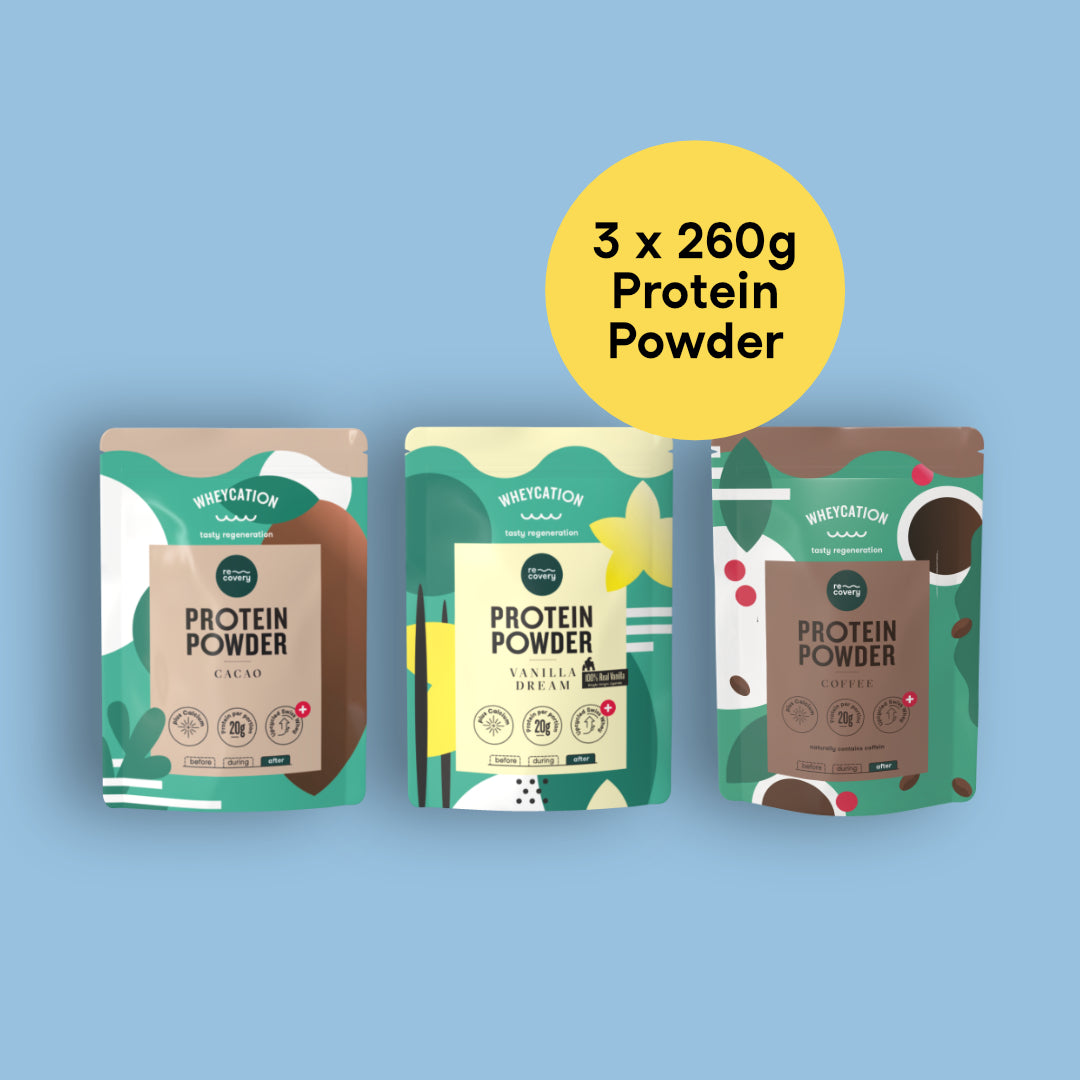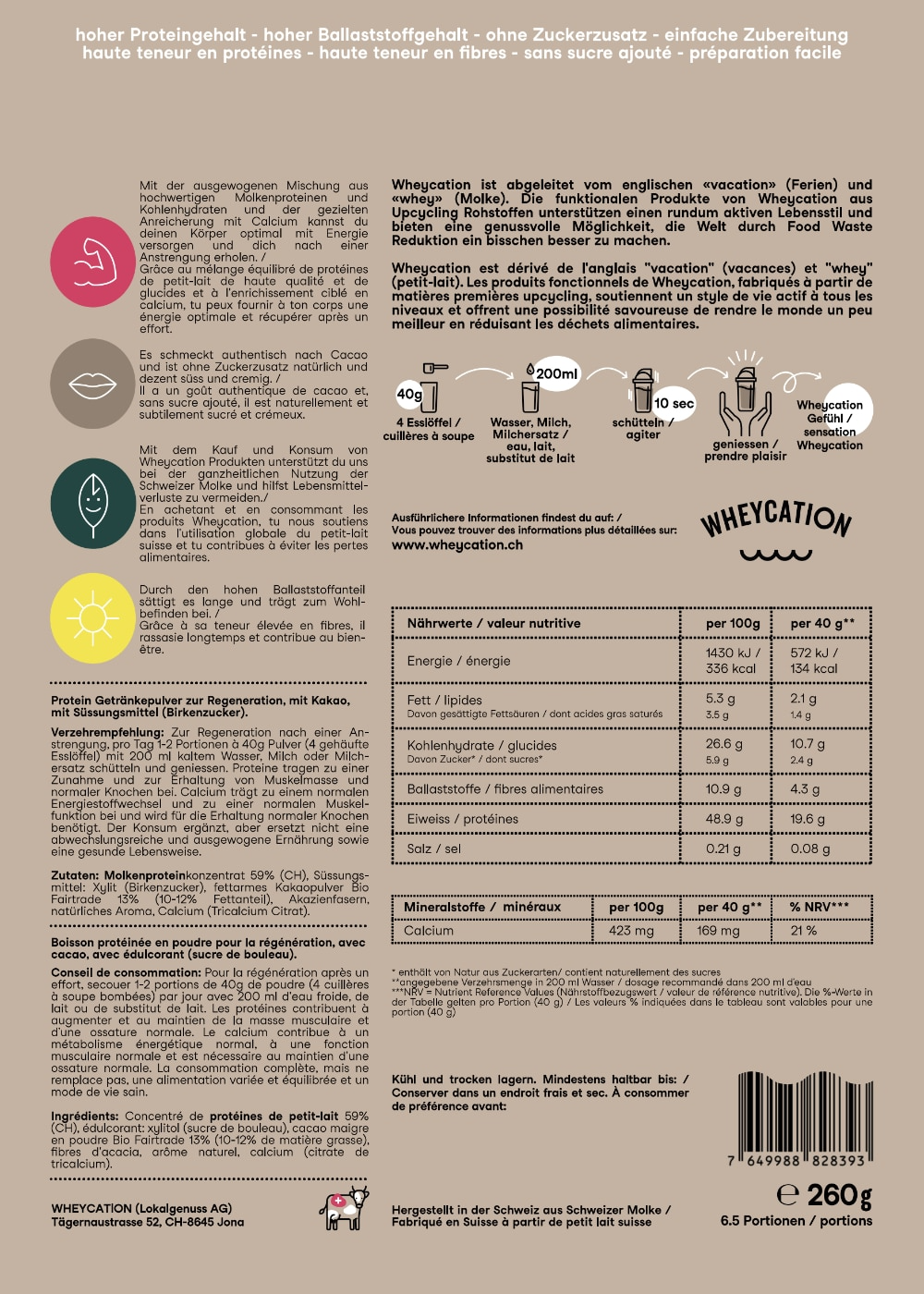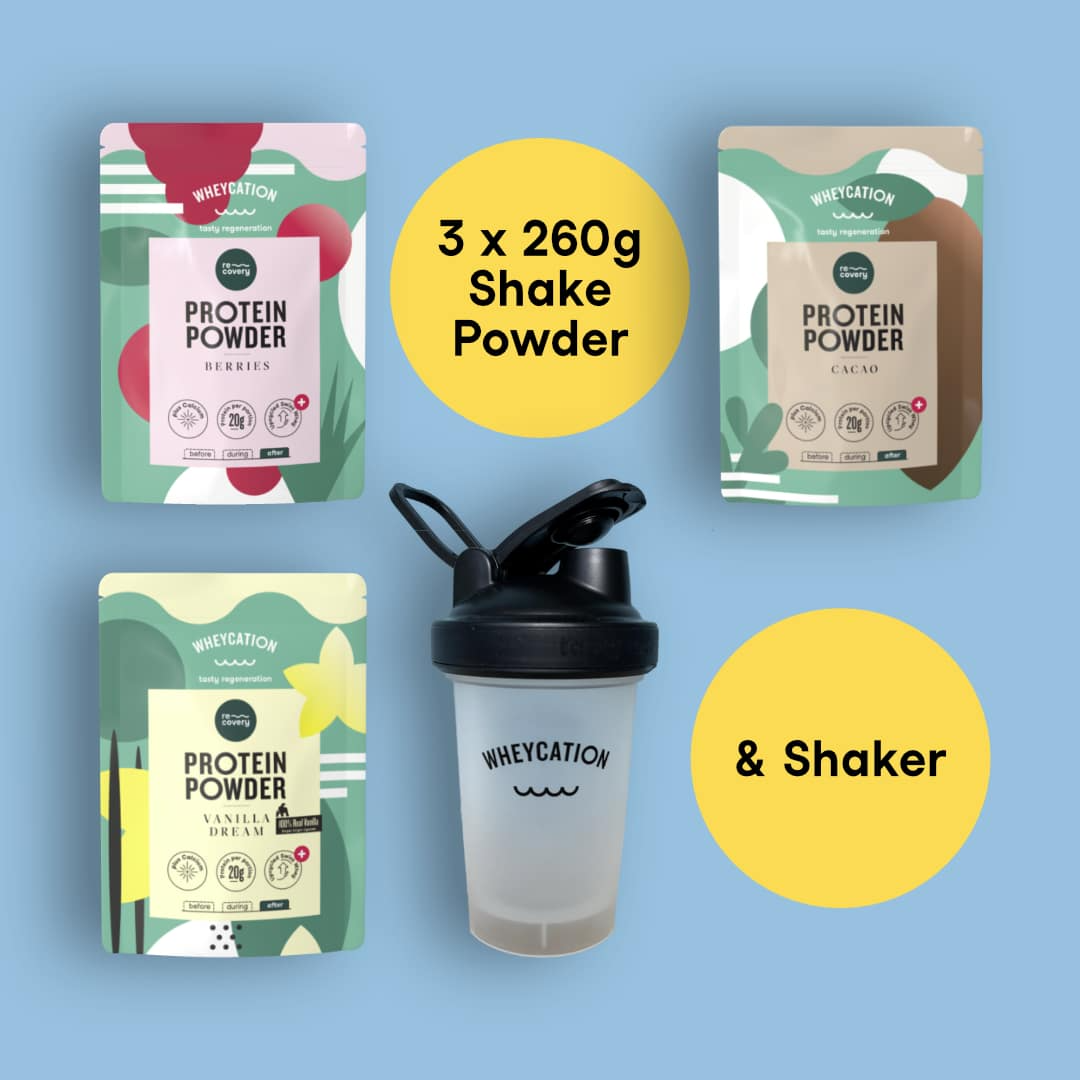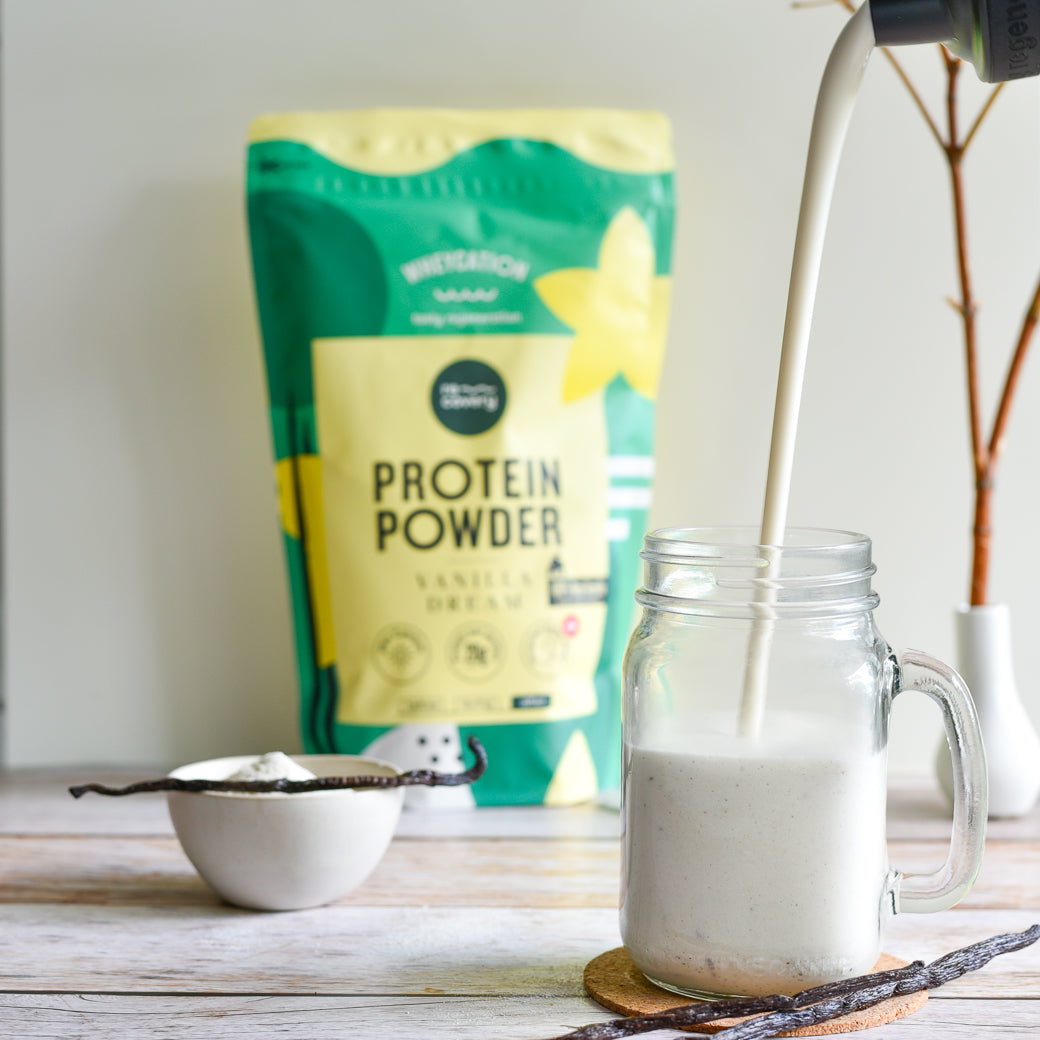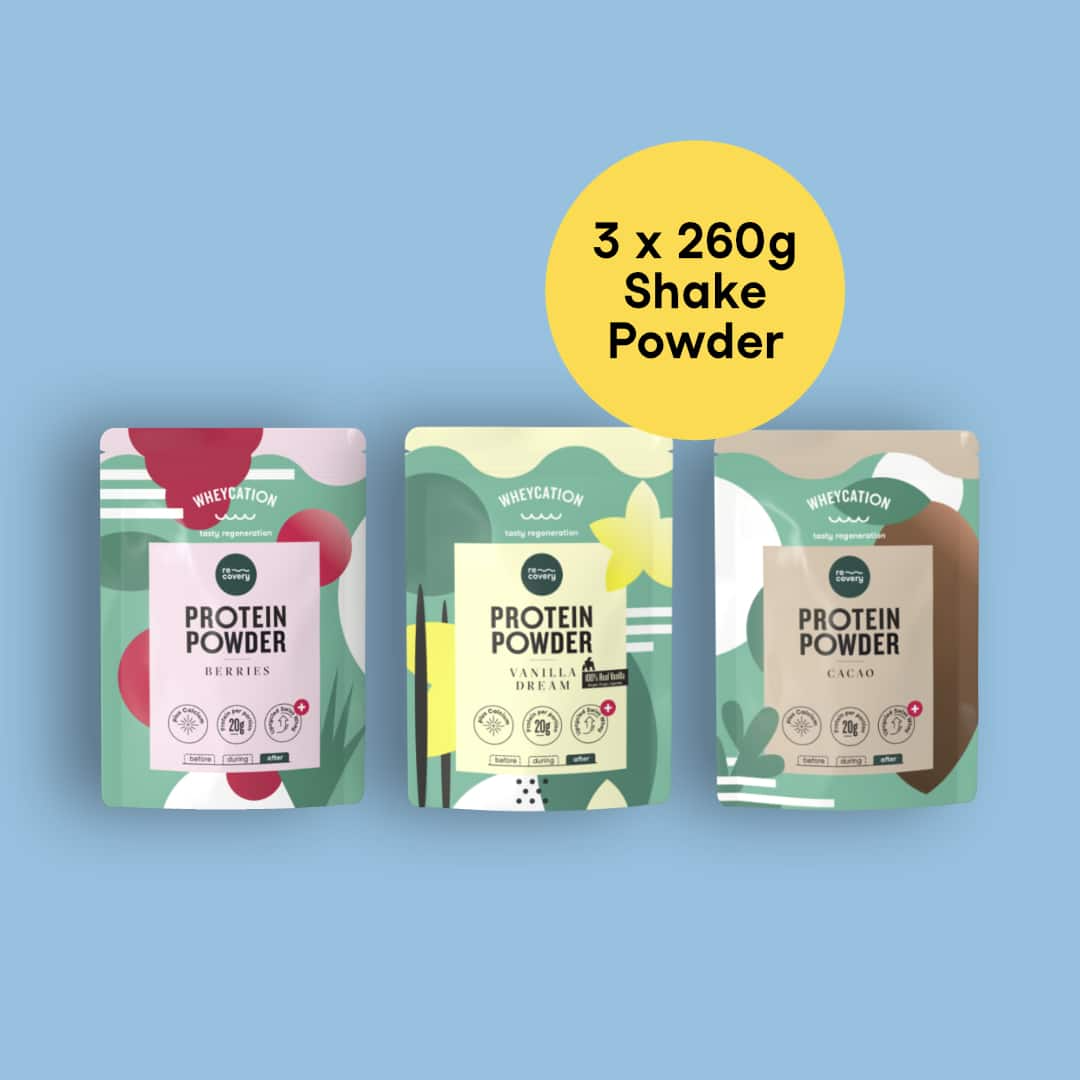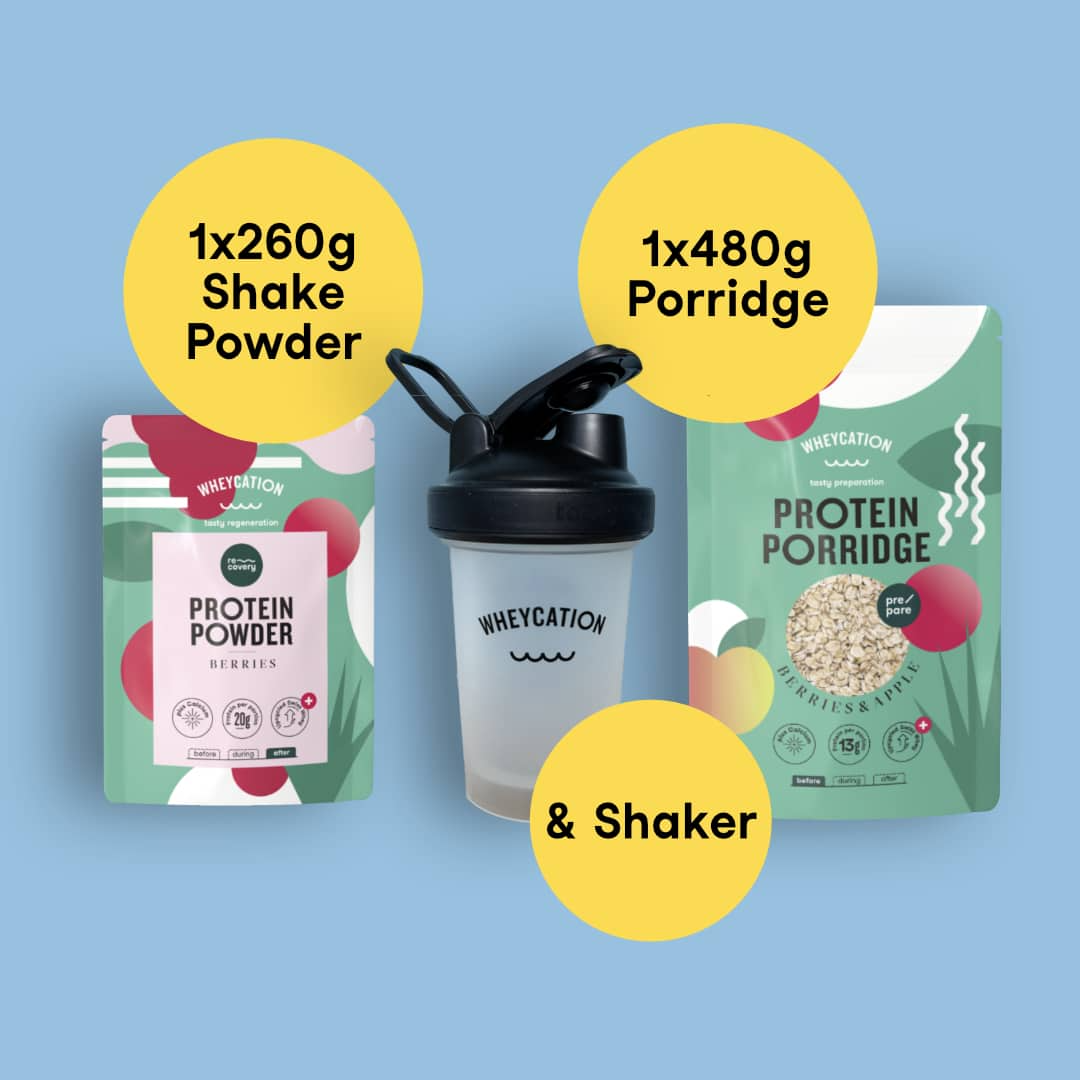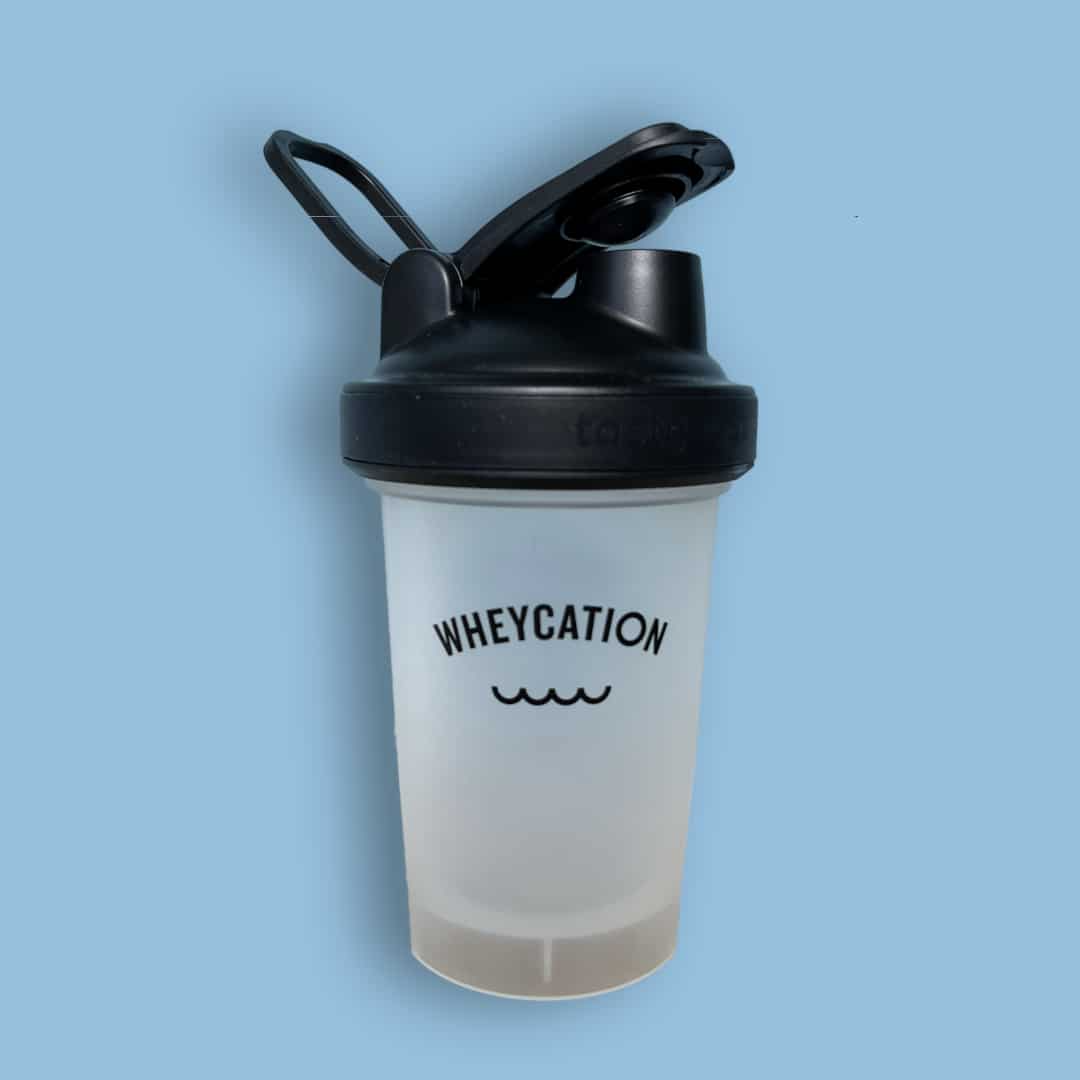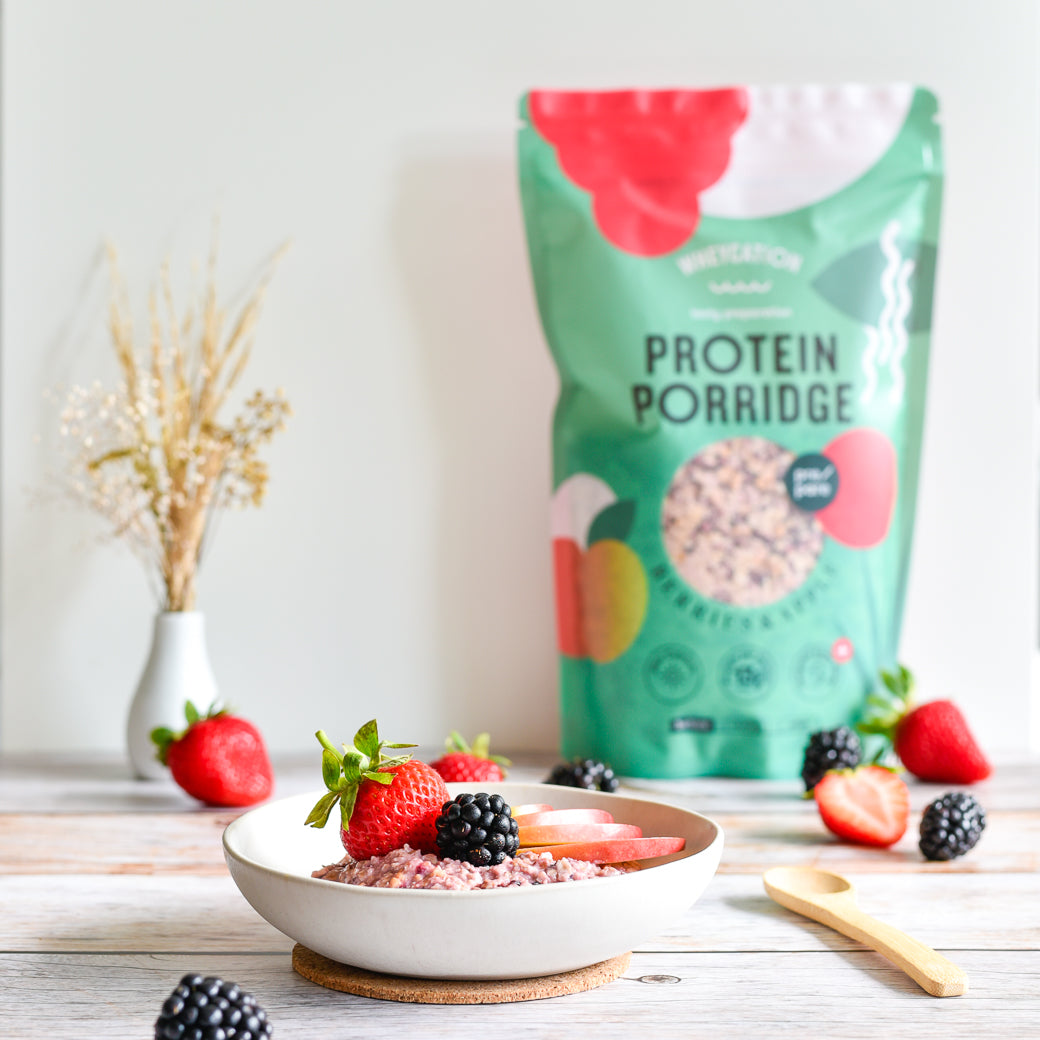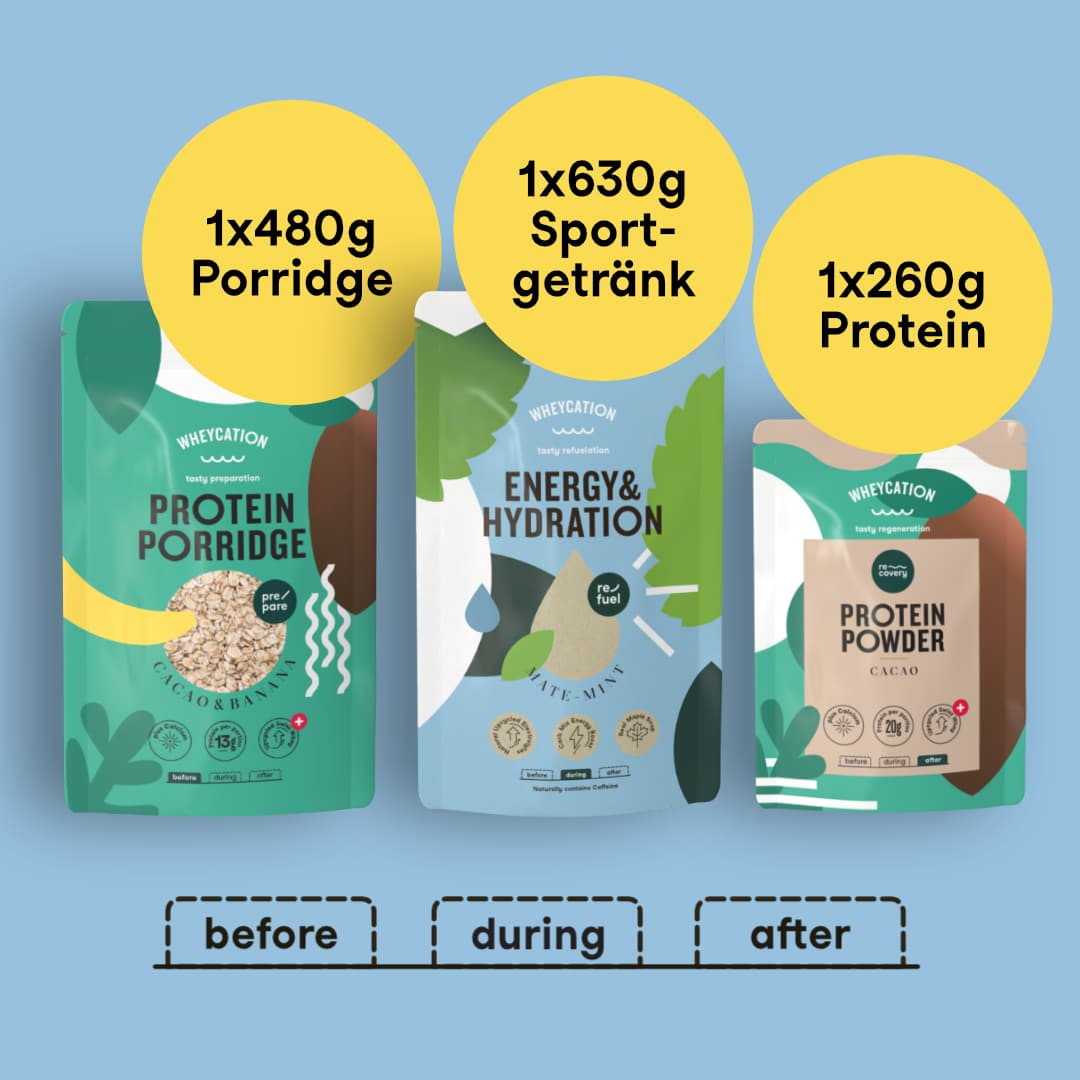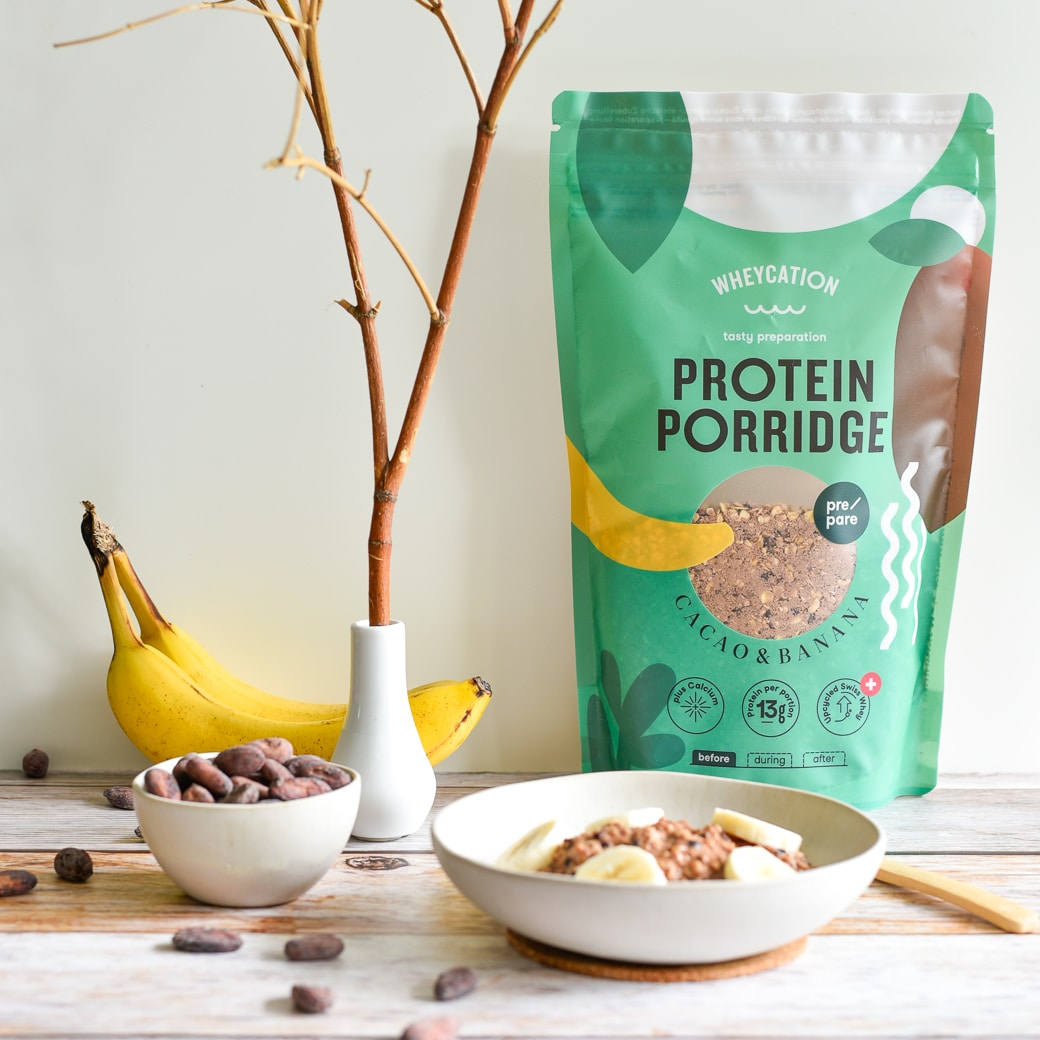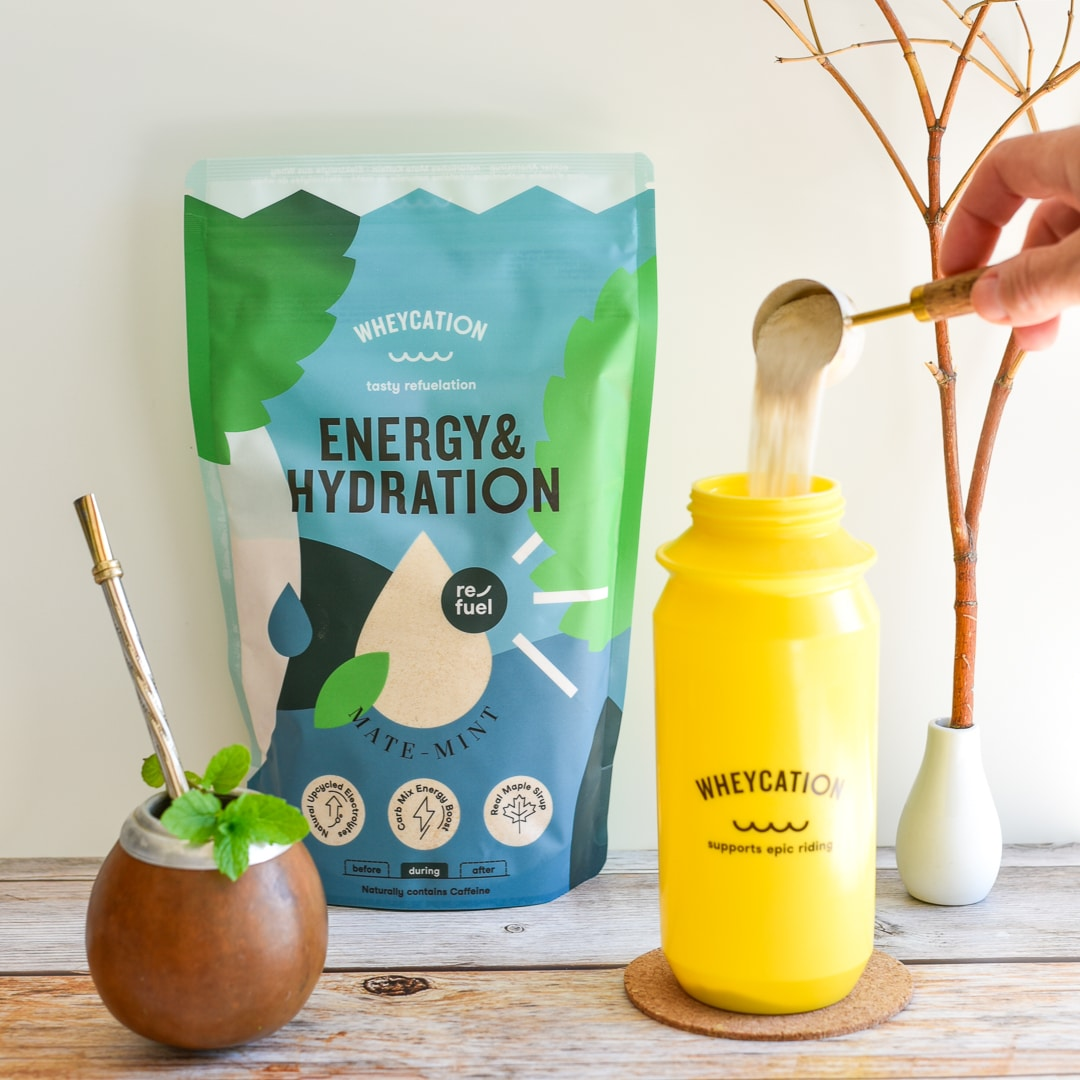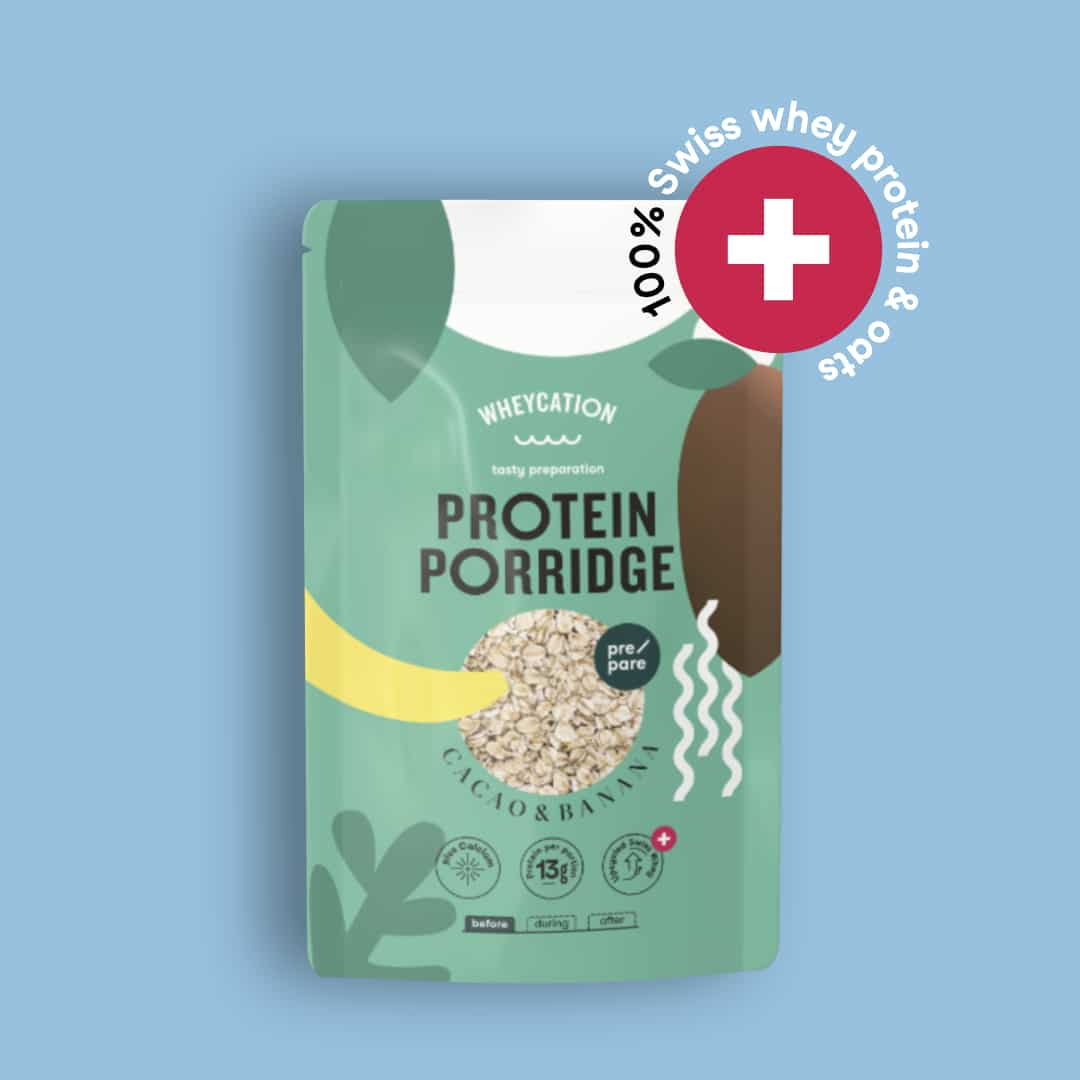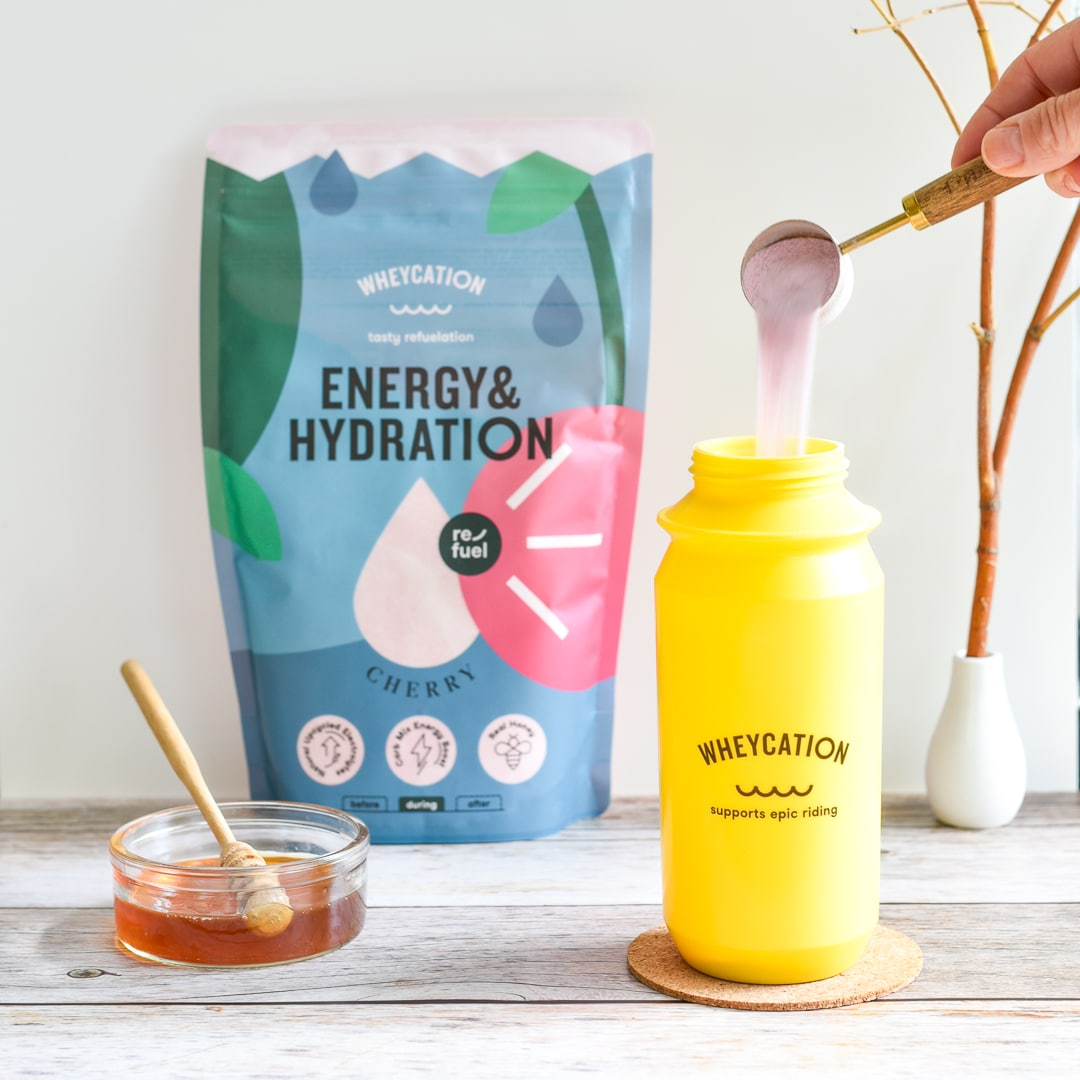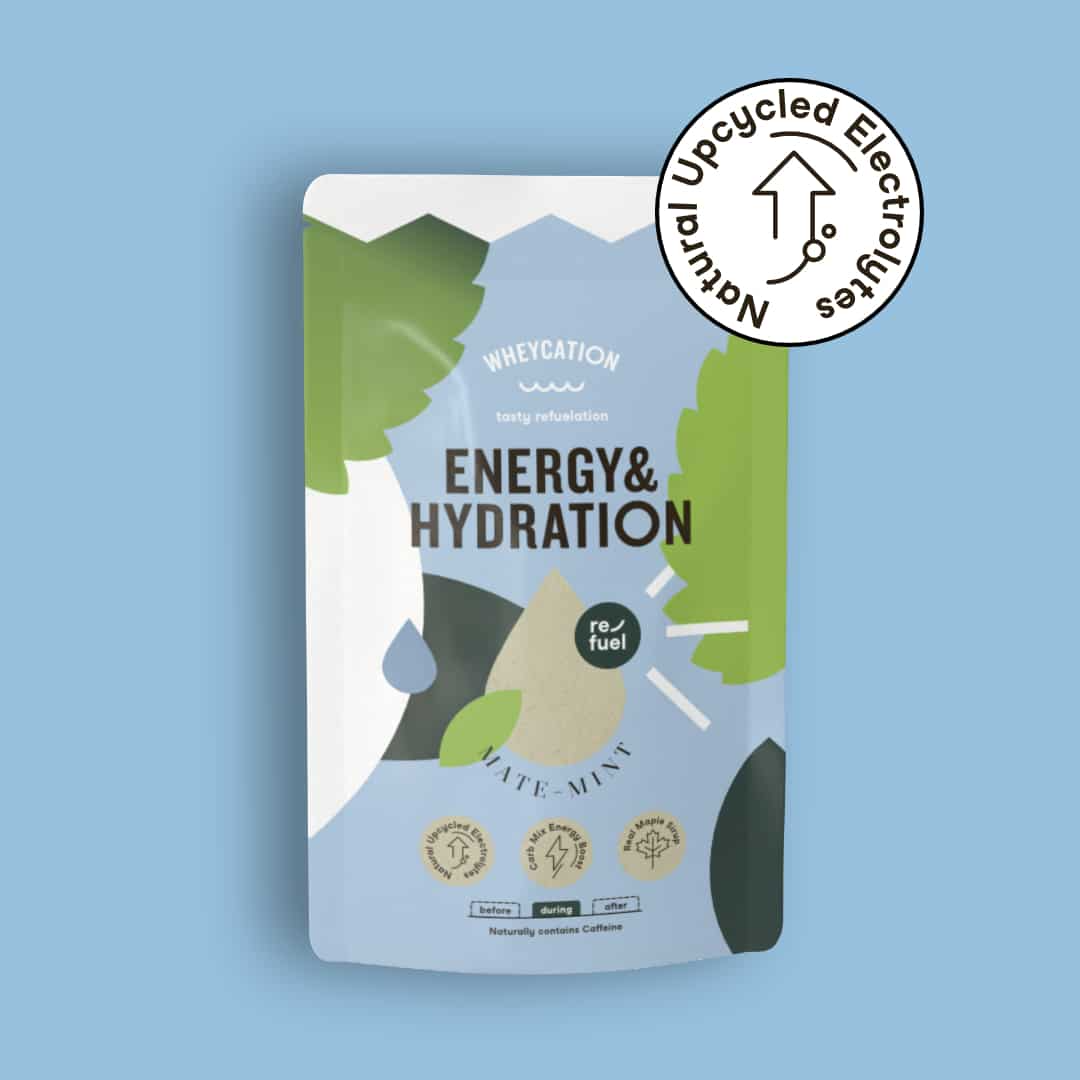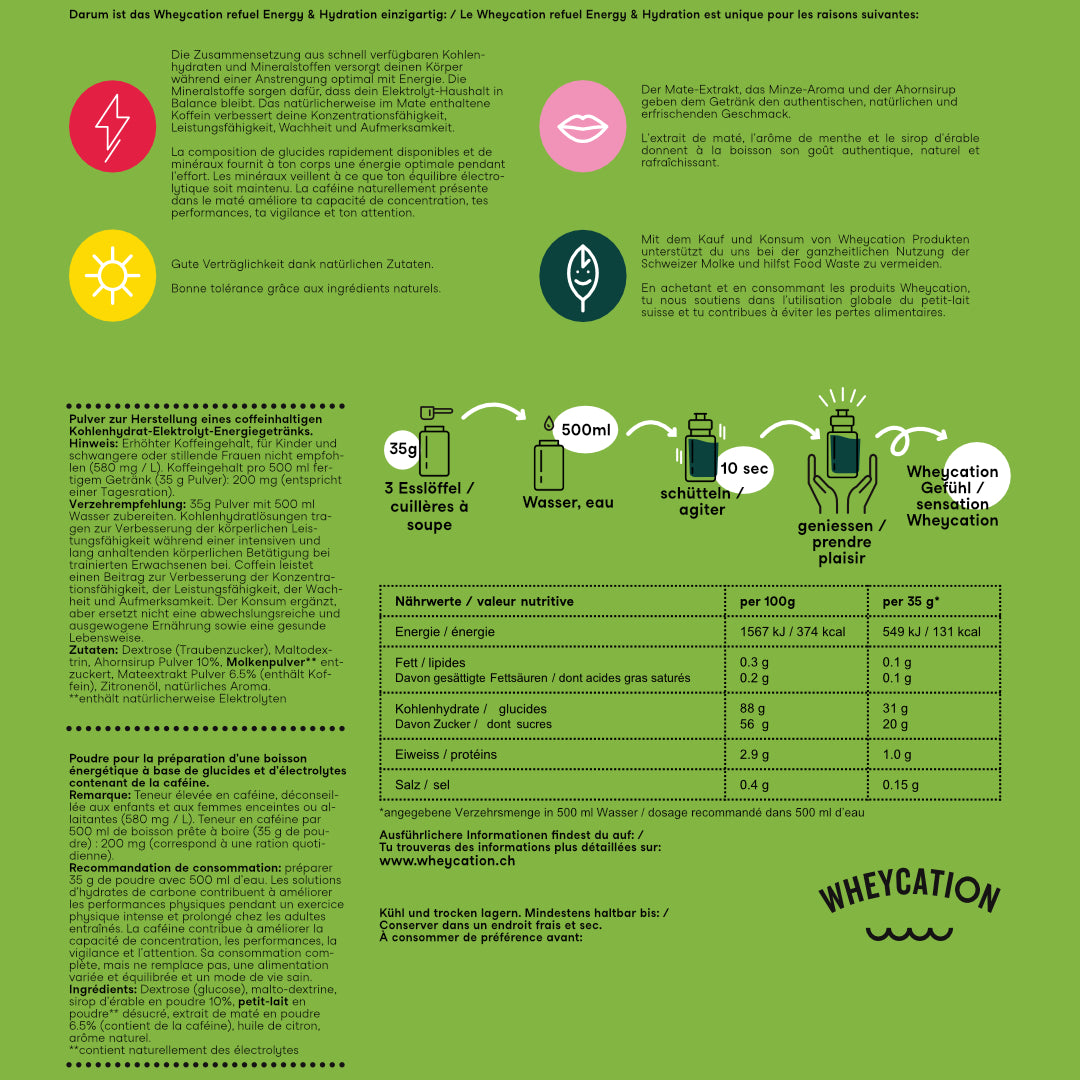With our products, we aim to promote general well-being and therefore pay close attention to naturalness and tolerability. It's becoming increasingly clear that physical and mental health and well-being also originate from our gut. Therefore, we place particular emphasis on ensuring that our products not only provide your body with optimal nutrients, but also ensure that your intestinal flora feels optimally cared for.
The intestinal flora, or more correctly the microbiota, is the totality of the microorganisms living in the intestine. The term microbiome is sometimes used. The microbiome is the genetic information of all the microorganisms living in the intestine – just as the genome is the entire genetic information of a human.
The microbiota is the link between the food we eat and our body's metabolism, including the immune system. It can best fulfill this role when it is diverse and balanced. This ensures the most diverse positive effects possible while simultaneously preventing harmful microorganisms from taking over.
Every year, 2.8 million tons of avoidable food waste occur across all stages of the Swiss food chain. This produced but unconsumed food leads to unnecessary
CO₂ emissions, biodiversity loss, and land and water consumption. Food waste generates 25 percent of the environmental impact of Switzerland's entire diet, roughly the same as half of private motorized transport.

What influence does biodiversity have?
Biodiversity is promoted by a varied diet, the consumption of foods that are as unprocessed as possible, fiber-rich foods, prebiotics and probiotics, fermented foods, and also exercise. Furthermore, recent findings show a direct connection between the biodiversity of the soil in which the food is grown, organic farming, the resulting diversity of microorganisms in the food, and the diversity in the gut. It is negatively influenced by medications such as antibiotics, some food additives such as artificial sweeteners or emulsifiers, and environmental pollution such as air pollution.
We take care of the microbiota with our products by ensuring that all ingredients are natural, that we avoid artificial sweeteners and emulsifiers, and that the degree of processing is as minimal as possible. To specifically support the microbiota, we add dietary fiber to our recovery shakes. The Recovery Shake Powder contains acacia fiber, a fiber derived from the dried latex of the acacia tree.
Whey also contains the minerals potassium, calcium, and phosphorus, as well as vitamins B1, B2, B6, B12, and pantothenic acid in nutritionally relevant concentrations. Other minerals and trace elements found in whey include magnesium, zinc, iron, copper, and iodine. This list is not exhaustive. Whey contains many other valuable, natural ingredients.
Are wheycation products suitable for people with lactose intolerance?
Lactose is a natural milk sugar found in milk and whey. People with lactose intolerance cannot fully digest this sugar in the small intestine because the necessary enzyme lactase is missing or present in only small amounts. This can result in digestive problems such as bloating, abdominal pain, or diarrhea.
Our protein products are based on whey protein – and whey naturally contains lactose. However, most of the lactose is removed during the manufacturing process, making our shakes low in lactose . In Switzerland, foods with less than 0.1 g of lactose per 100 g/ml are considered lactose-free . Products with less than 1 g per 100 ml are considered low in lactose and are well tolerated by many lactose-sensitive people.
For comparison: normal cow's milk contains around 5 g of lactose per 100 ml . Our protein shakes – made with 40 g of powder and 200 ml of water – contain less than 1 g of lactose per 100 ml , i.e. only about a fifth of that. Our protein porridge contains even less. Important: Lactose intolerance is not an allergy, but an intolerance, the severity of which can vary greatly from person to person. While some people react to even the smallest amounts, others can tolerate moderate amounts – particularly in low-lactose products – without any problems. Many of our customers with lactose intolerance report very good tolerance – also thanks to our carefully balanced recipe with natural ingredients and no artificial sweeteners.
If you are unsure how your body reacts to lactose, we recommend our test pack with single servings so you can test your personal tolerance in peace.
👉 Click here for the test package
To the products
Recovery Protein Shake Cocoa 520g
Recovery Protein Shake Berries 520g
Protein Porridge Berries & Apple 480g
Recovery Protein Shake Coffee 520g
Recovery Protein Shake Coffee 520g
Recovery Protein Shake Coffee 260g
Recovery Protein Shake Cocoa 520g
Recovery Protein Shake Cocoa 260g
Starterset Protein 2x260g & Shaker
Starterset Protein 3x260g CACAO-VANILLA-COFFEE
Starter set protein 3x260g & Shaker
Starter set Protein Berries & Shaker
Starter set sports routine “Cacao”
Protein Porridge Berries & Apple 480g
Protein Porridge Cocoa & Banana 480g
Refuel Energy & Hydration Cherry 630g
Refuel Energy & Hydration Lemon 630g
Refuel Energy & Hydration Mate Mint 630g
Refuel Energy & Hydration Cherry 630g
Refuel Energy & Hydration Mate Mint 630g
Frequently asked questions about naturalness, compatibility and well-being
I don’t tolerate dairy products. Can I consume your products without concern?
If you are allergic to milk proteins, our products are unfortunately not suitable – because whey is a component of milk and therefore contains milk proteins. Lactose intolerance is a different story: This is an intolerance, not an allergy. Tolerance varies from person to person, but many people cope very well with low-lactose products. We also often hear positive feedback from our lactose-intolerant customers – thanks to the natural recipe without artificial sweeteners and the carefully reduced lactose content.
How much lactose is contained in Recovery Protein Powder Natural or Flavored?
Protein Powder Nature contains approximately 9.8 g of lactose per 100 g of powder. A 25 g serving provides approximately 2.5 g of lactose.
The flavored Recovery Protein Powder contains approximately 6 g of lactose per 100 g of powder. A shake with 40 g of powder and 200 ml of water (as recommended) therefore equates to just under 1 g of lactose per 100 ml of finished shake. This is about five times less than in regular cow's milk and is considered low in lactose. Many lactose-sensitive people report good tolerance.
Why is xylitol used in Recovery Protein Powder?
Xylitol (also known as birch sugar) is a natural, tooth-friendly sugar alternative with fewer calories than conventional sugar. Thanks to its low glycemic index, xylitol causes blood sugar levels to rise slowly – ideal for a balanced diet without cravings. In our products, xylitol provides a pleasantly natural sweetness – completely without added sugar.
How much lactose is in protein porridge?
Protein porridge contains around 1.6 g of lactose per 100 g, which corresponds to about 1 g of lactose per serving (60 g).
Is the porridge gluten-free?
Our protein porridges contain oats that are not certified gluten-free. Although oats are generally gluten-free, contamination with wheat may occur during harvesting and processing, meaning complete gluten-freeness cannot be guaranteed. Only specifically certified oats are declared gluten-free.
How much lactose is in the Refuel Energy & Hydration drink?
The drink contains approximately 4.2 g of lactose per 100 g of powder. When prepared with 35 g of powder in 500 ml of water, this results in approximately 0.3 g of lactose per 100 ml.

